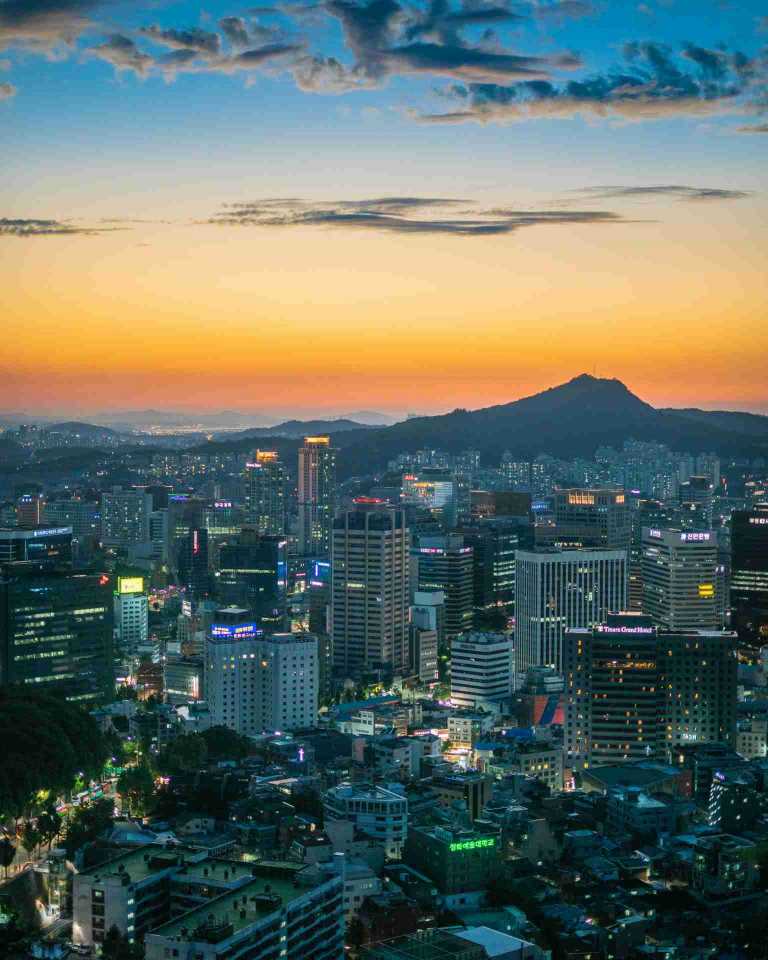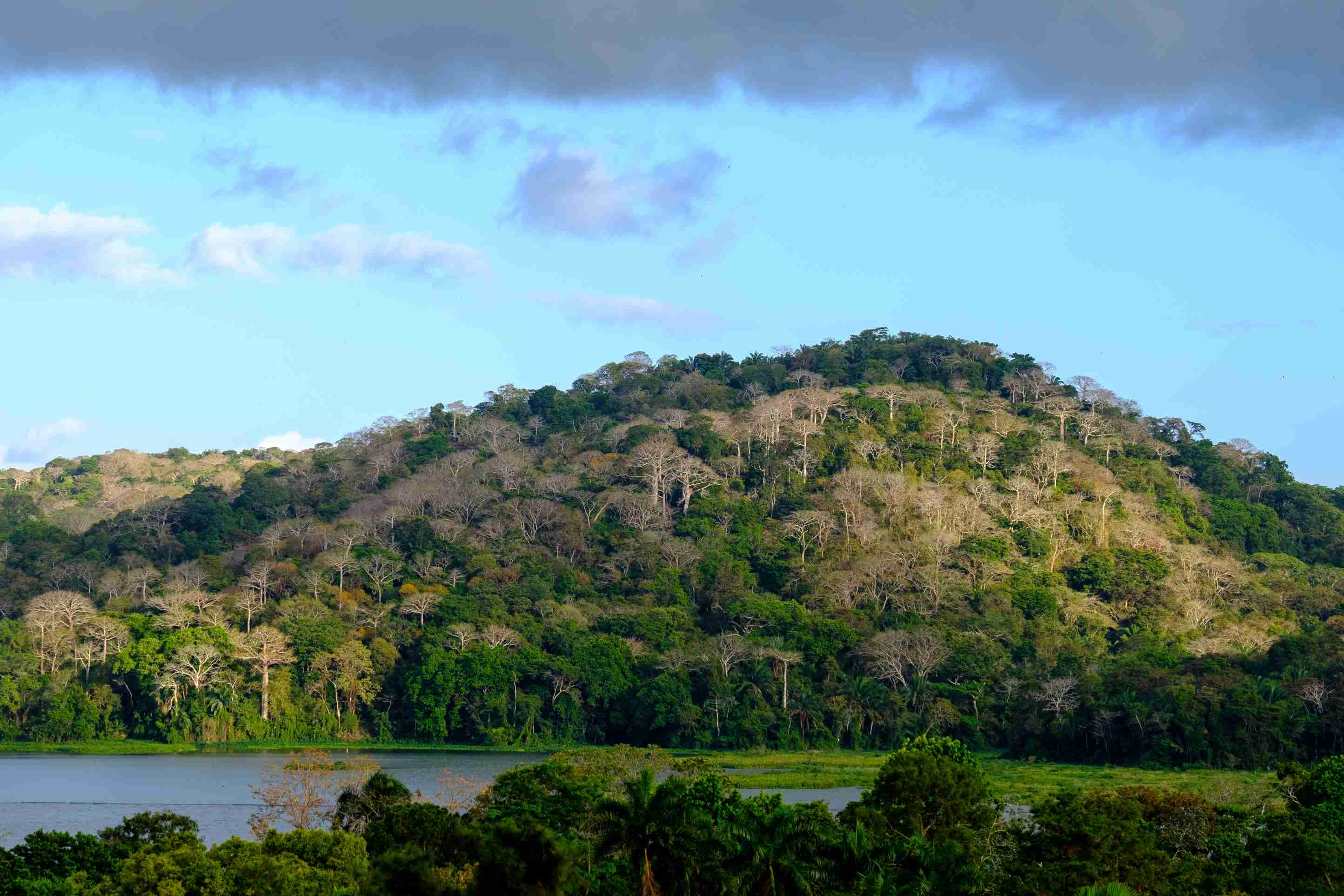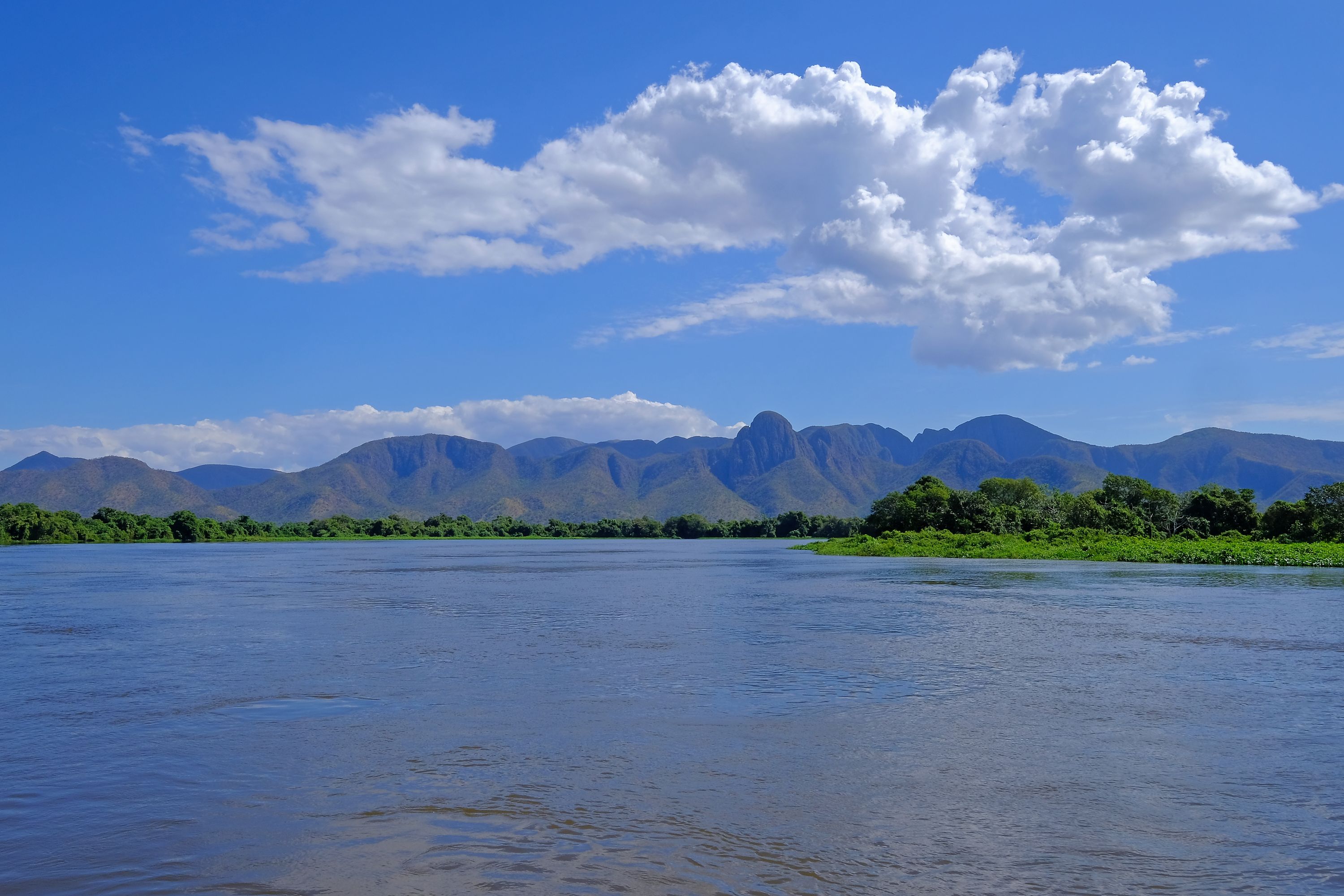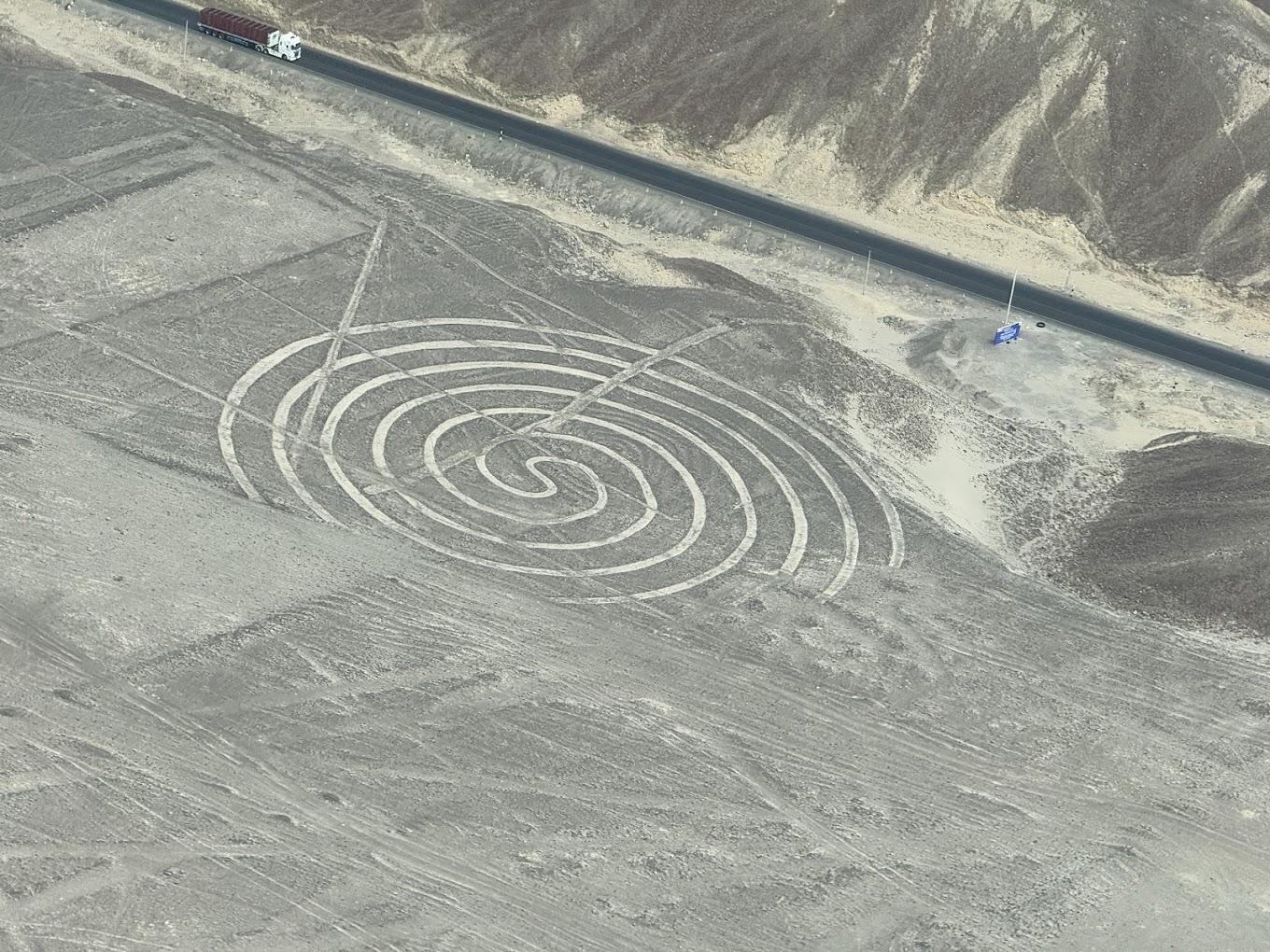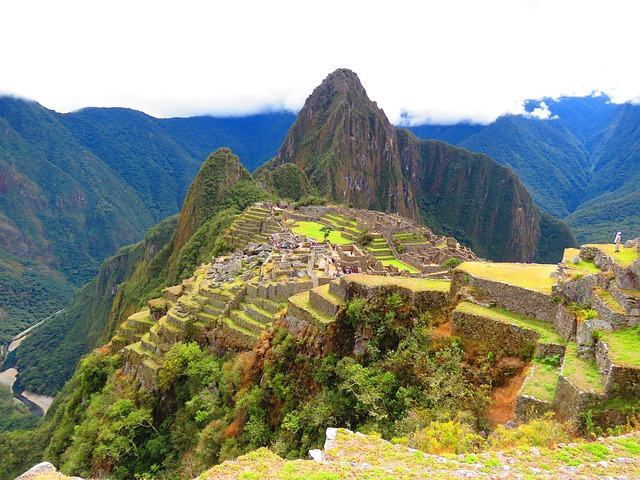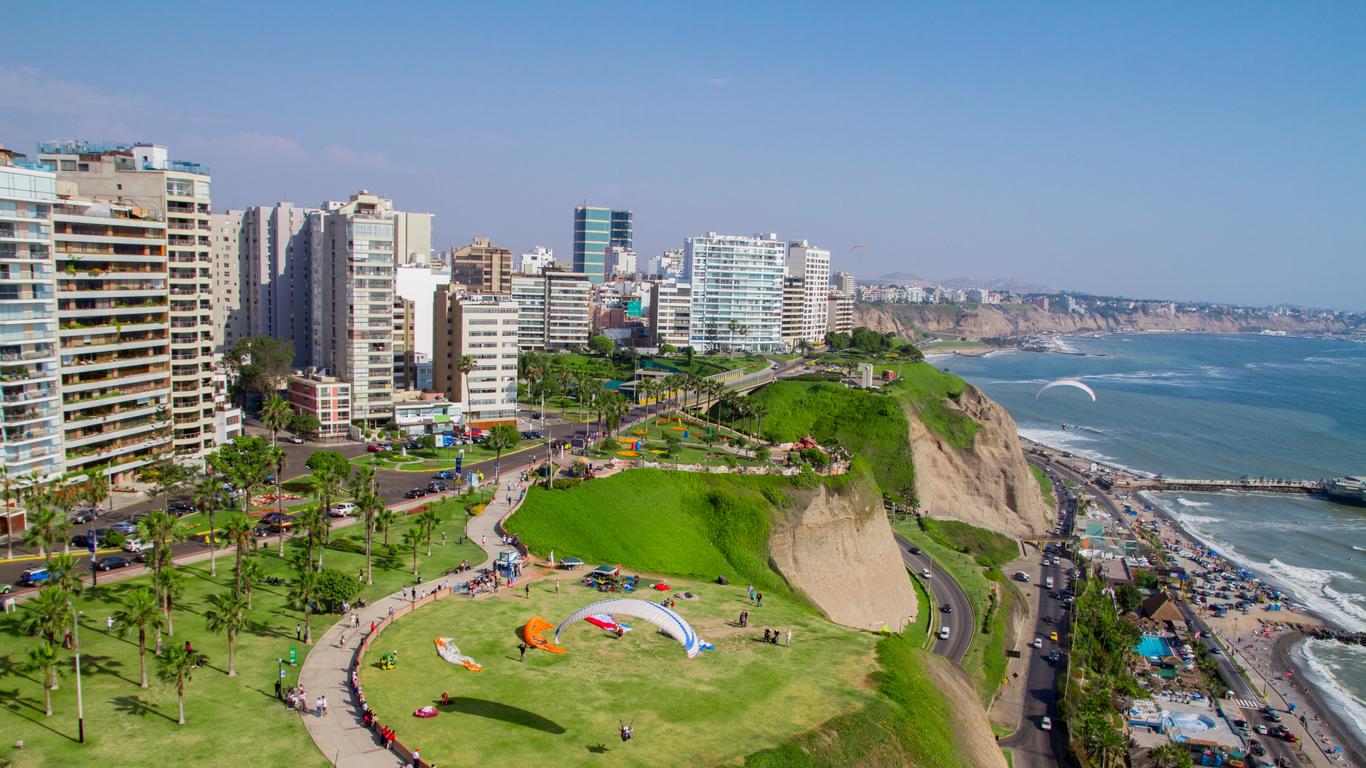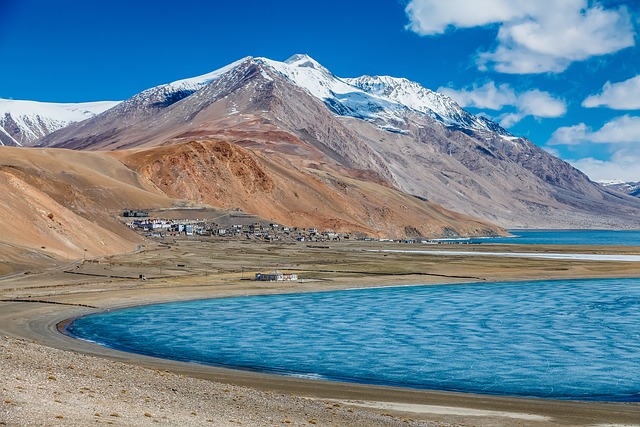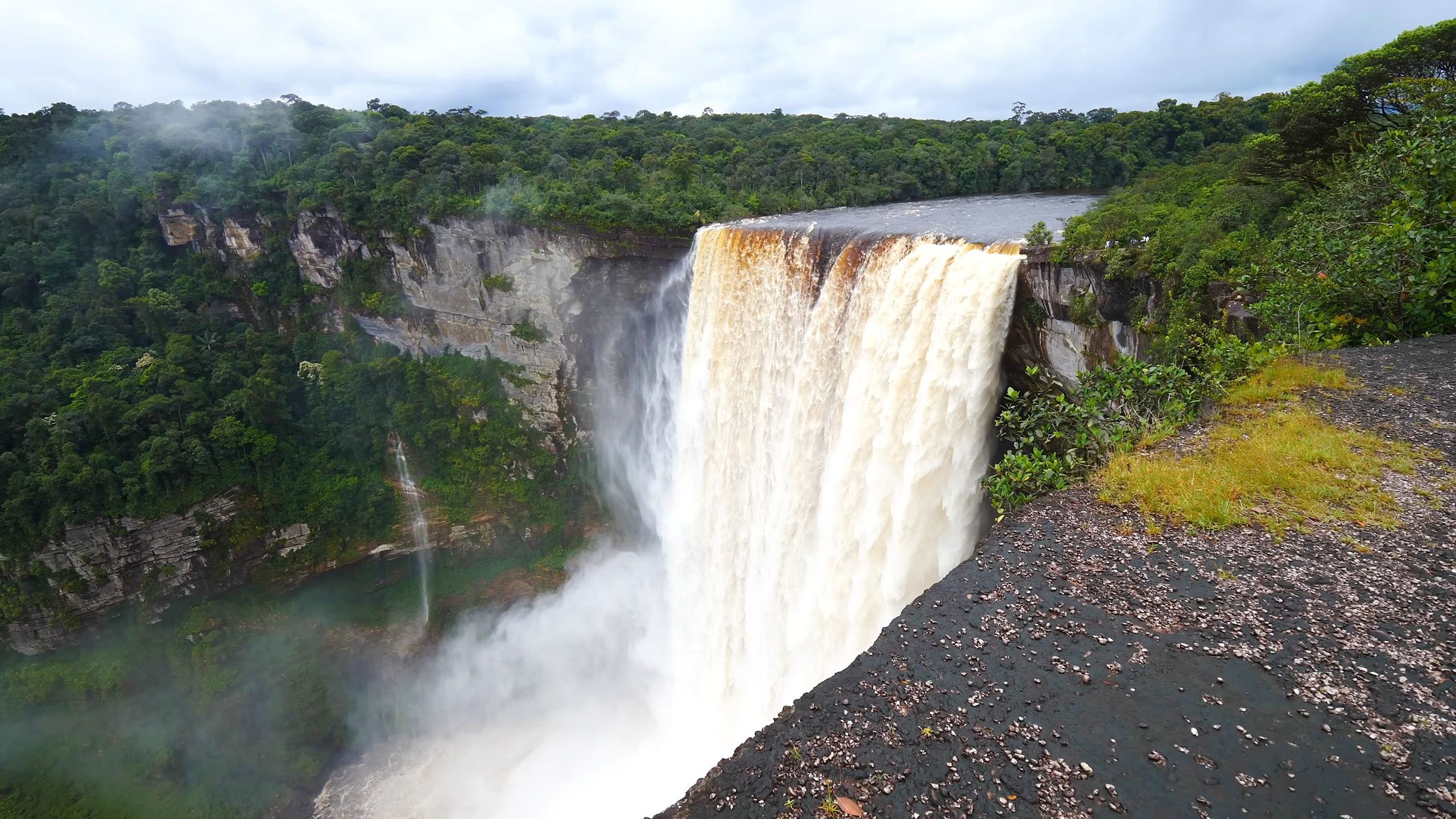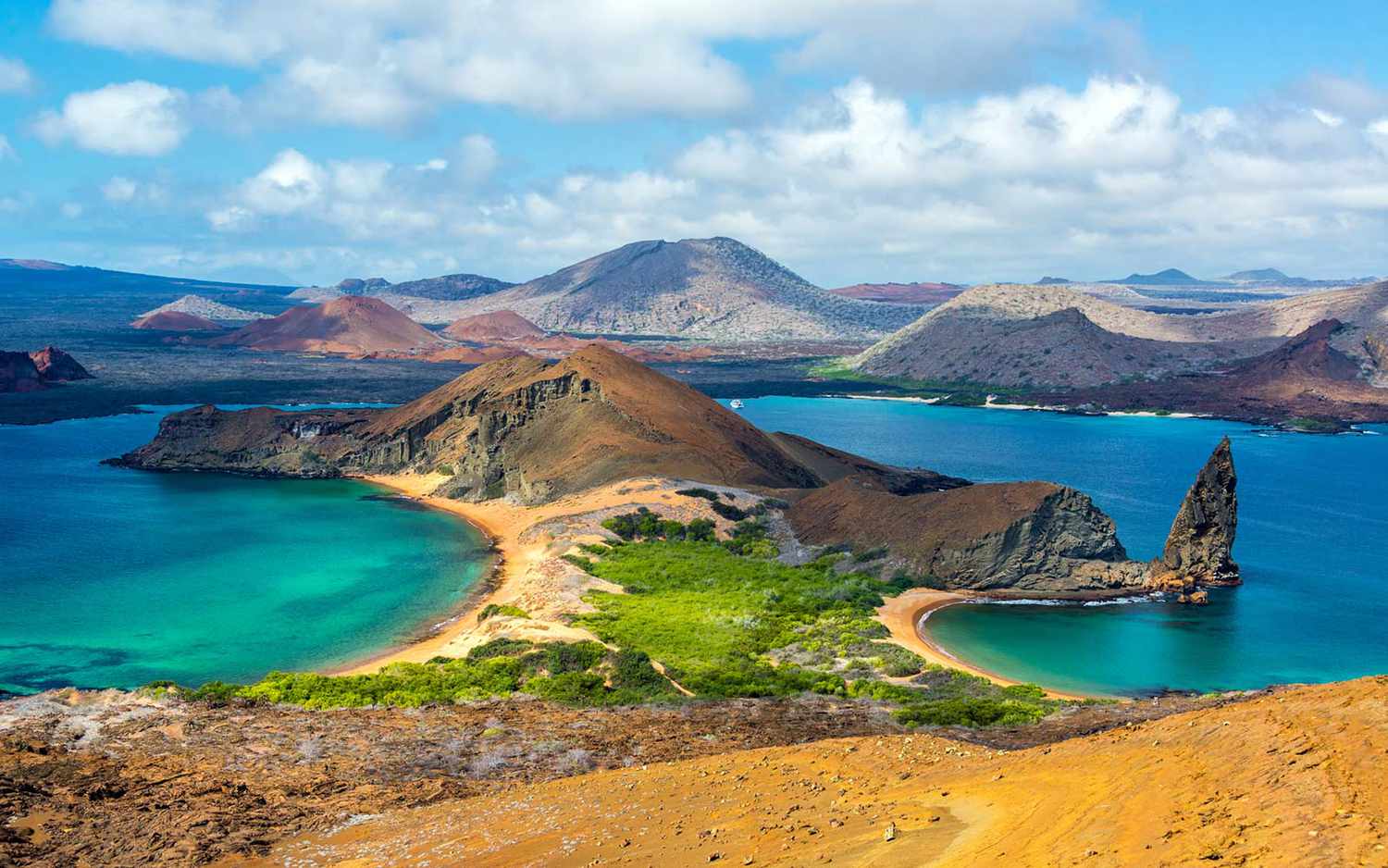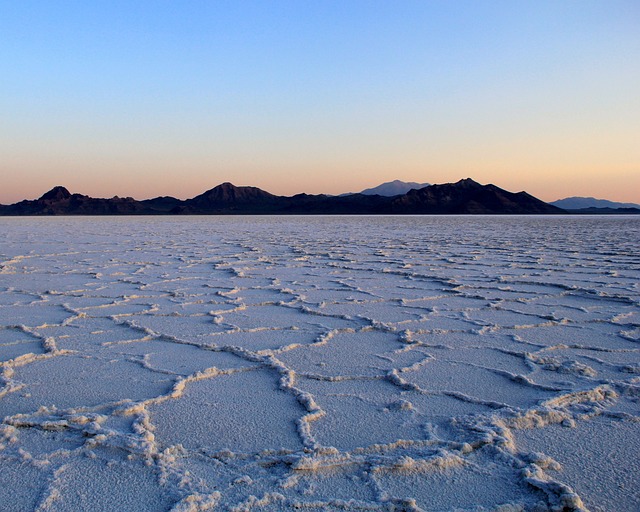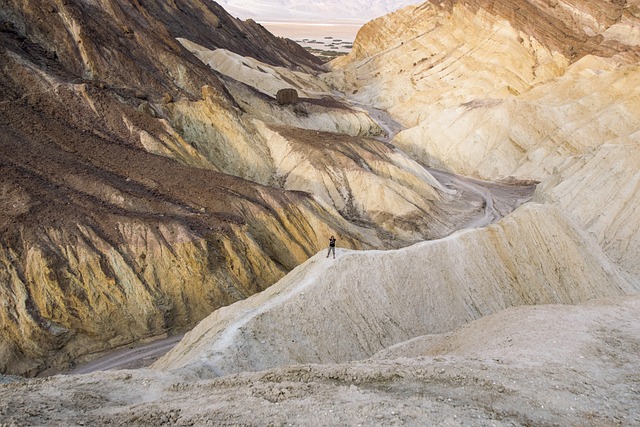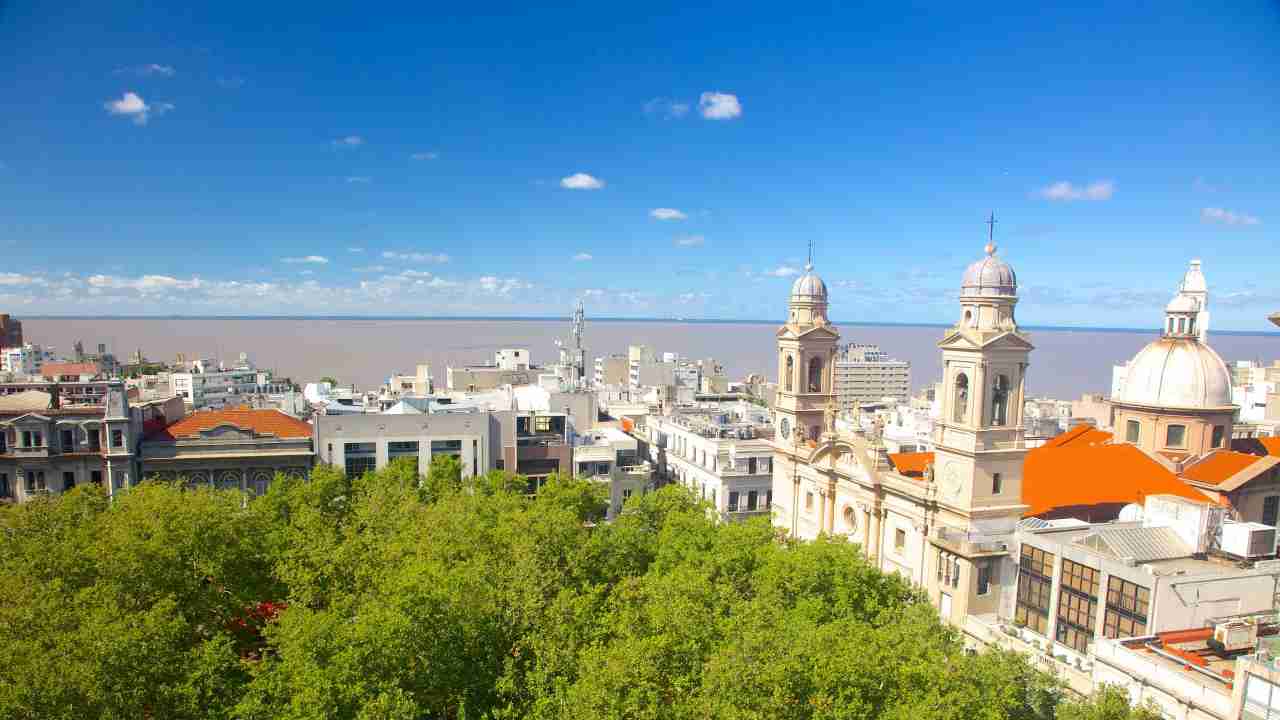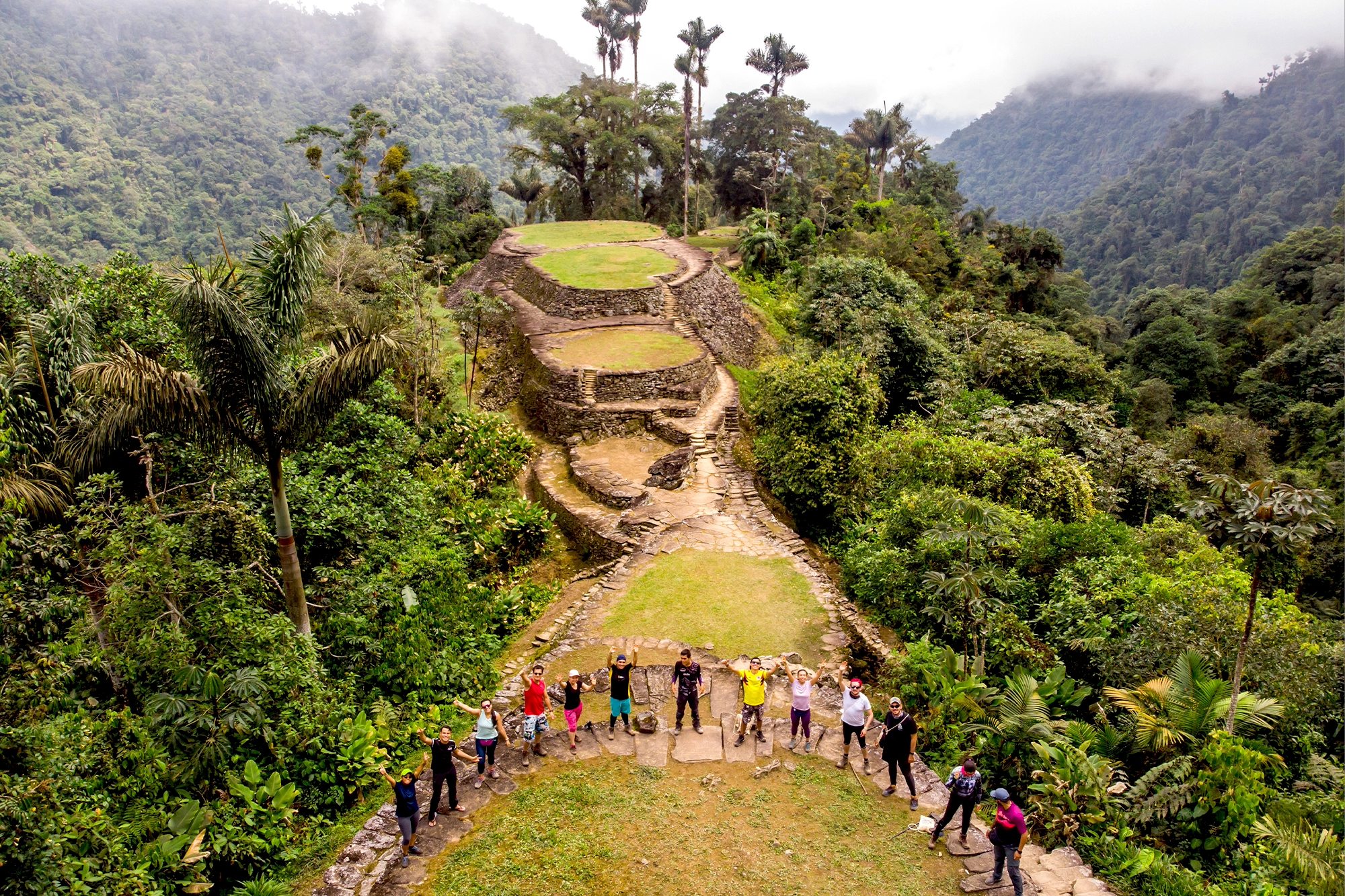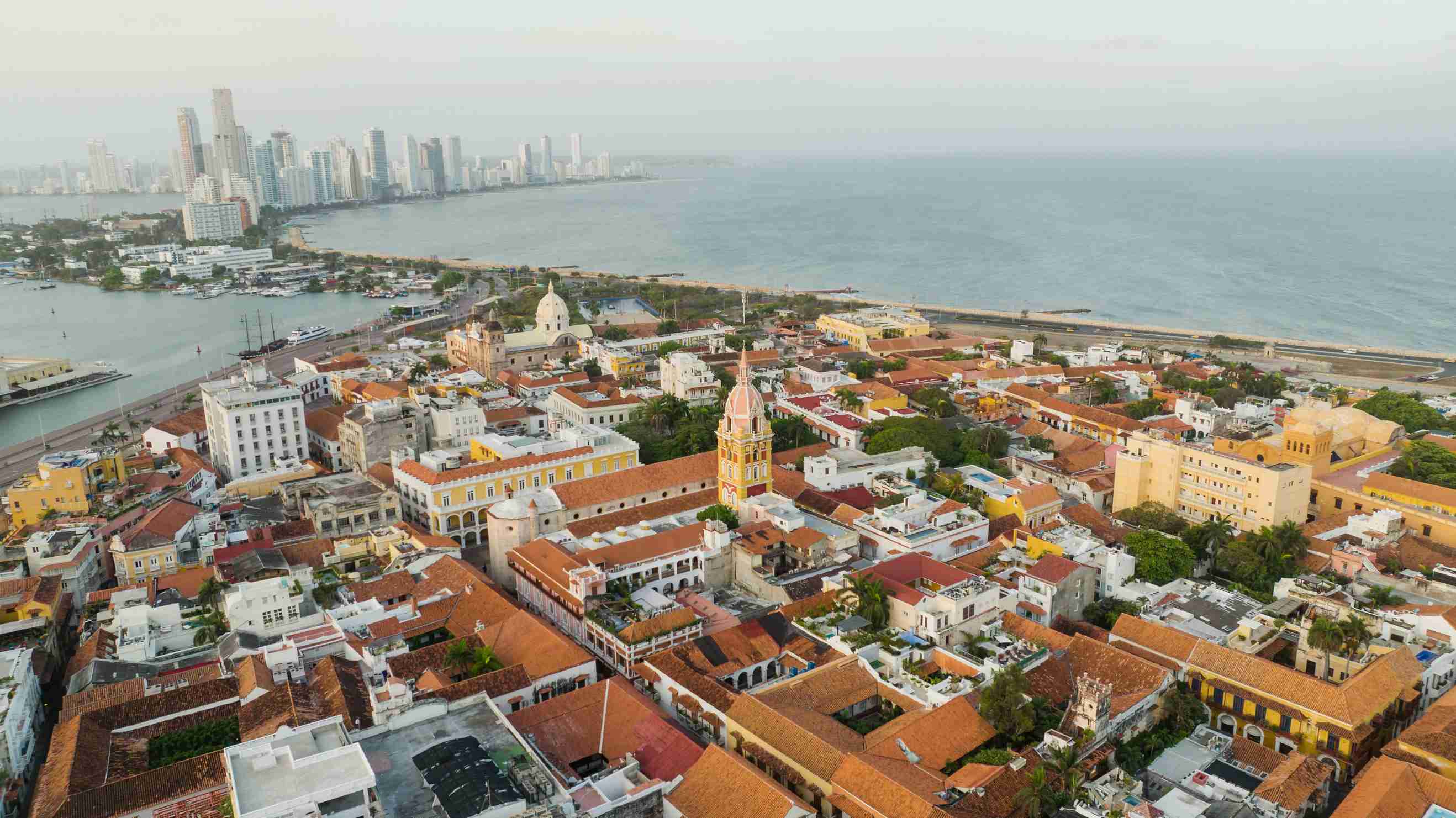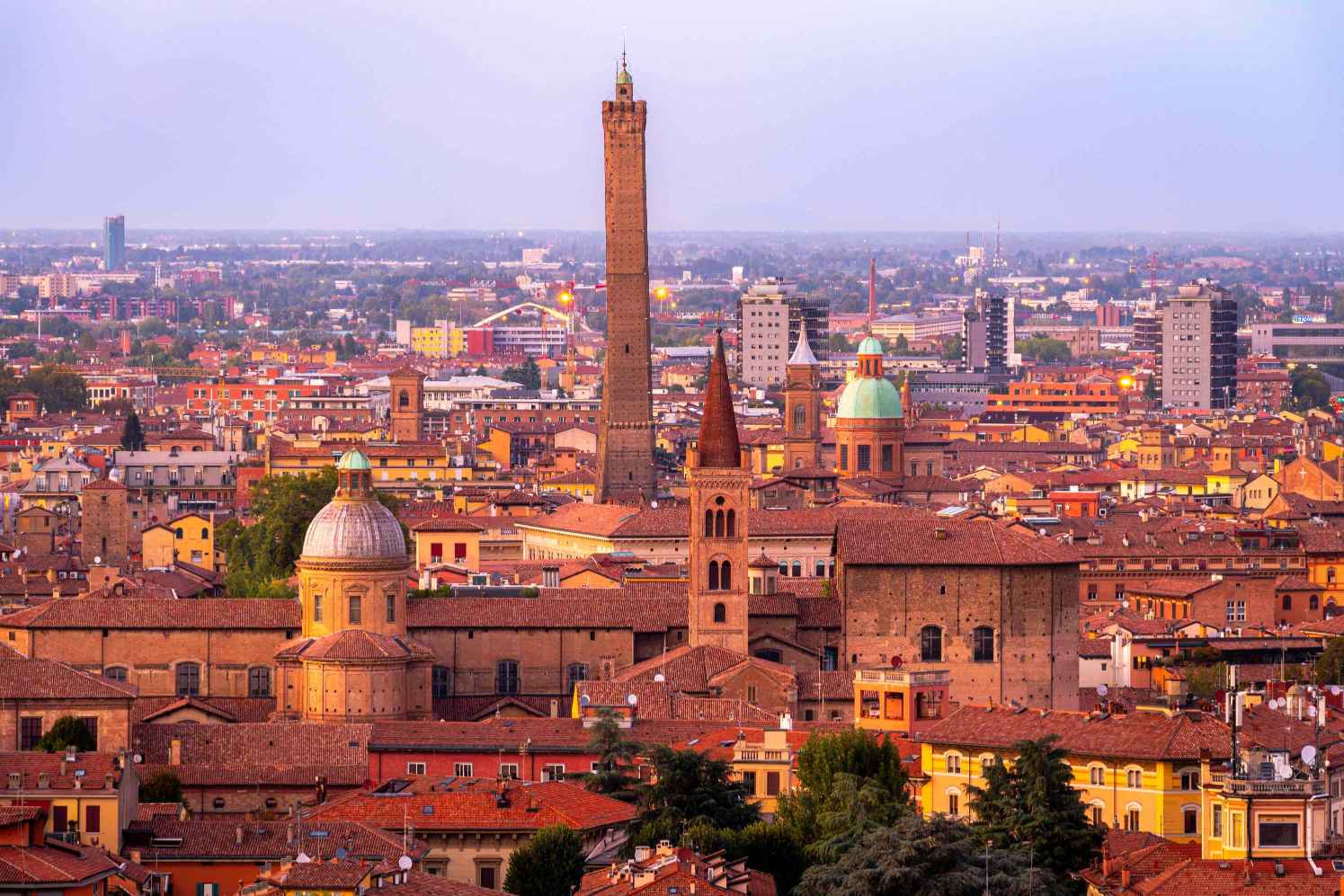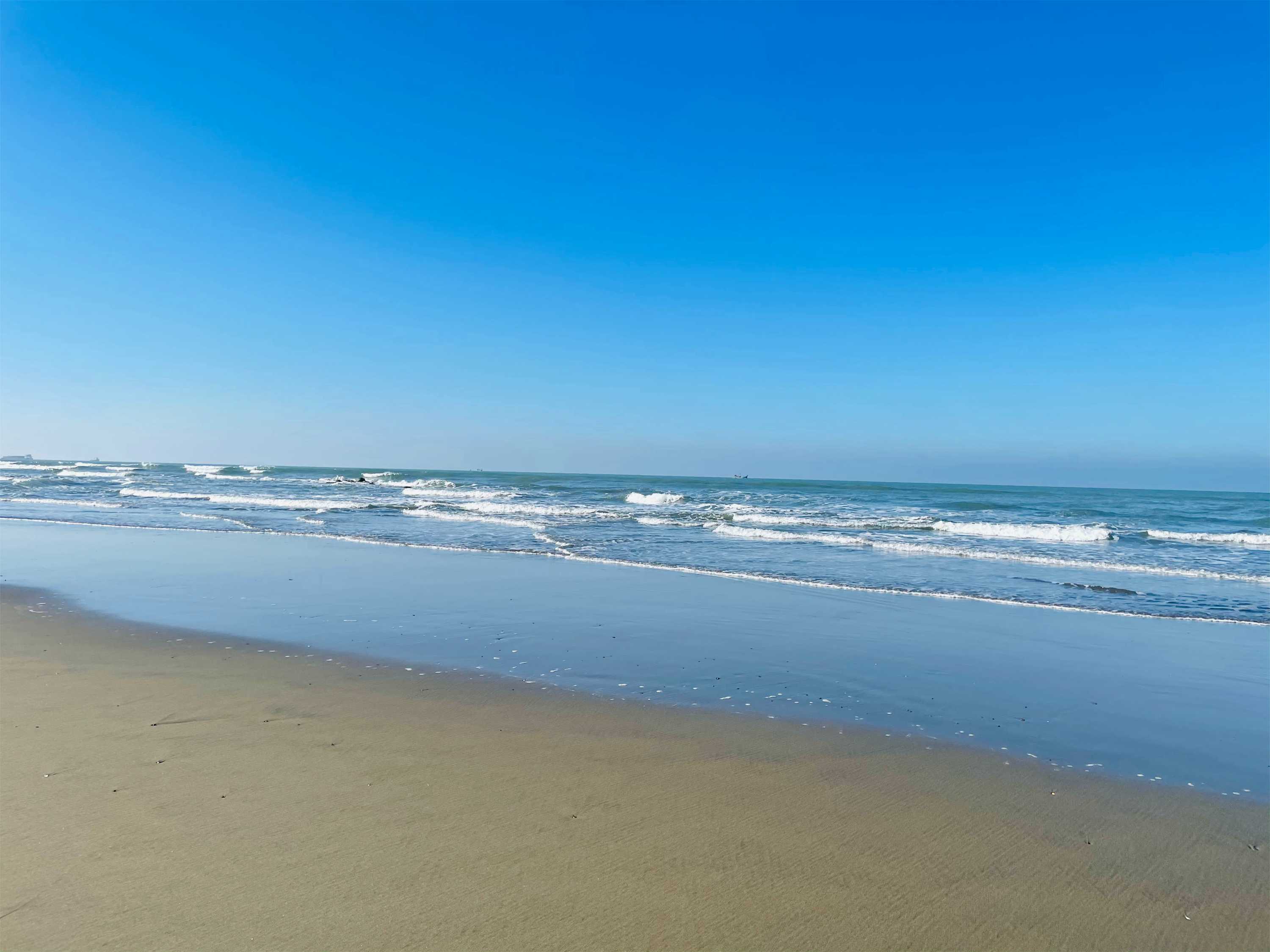Seoul, the capital of South Korea, is a vibrant metropolis that seamlessly blends ancient traditions with cutting-edge technology. Nestled along the Han River, Seoul is a city of contrasts, where centuries-old palaces stand alongside skyscrapers and bustling markets coexist with high-end shopping districts. Known for its rich history, vibrant culture, and innovative spirit, Seoul offers something for every traveler.
From the historic streets of Bukchon Hanok Village to the futuristic Dongdaemun Design Plaza, Seoul is a city that never fails to captivate. Whether you’re exploring its historic landmarks, indulging in its world-famous cuisine, or experiencing its lively nightlife, Seoul promises an unforgettable adventure.
Main Attractions of Seoul, South Korea
Seoul is packed with incredible sights and experiences. Here are the top attractions you shouldn’t miss:
-
Gyeongbokgung Palace:
- The largest and most iconic of Seoul’s Five Grand Palaces, Gyeongbokgung offers a glimpse into Korea’s royal history. Don’t miss the changing of the guard ceremony.
-
Bukchon Hanok Village:
- A traditional Korean village located between Gyeongbokgung and Changdeokgung Palaces, Bukchon is known for its well-preserved hanok (traditional Korean houses).
-
N Seoul Tower:
- Located on Namsan Mountain, this tower offers panoramic views of the city. It’s a popular spot for couples, who attach love locks to the fences.
-
Myeongdong:
- A bustling shopping district known for its street food, fashion boutiques, and skincare shops.
-
Changdeokgung Palace and Secret Garden:
- A UNESCO World Heritage Site, this palace is known for its beautiful architecture and tranquil Secret Garden.
-
Dongdaemun Design Plaza (DDP):
- A futuristic building designed by Zaha Hadid, DDP is a hub for design, fashion, and culture.
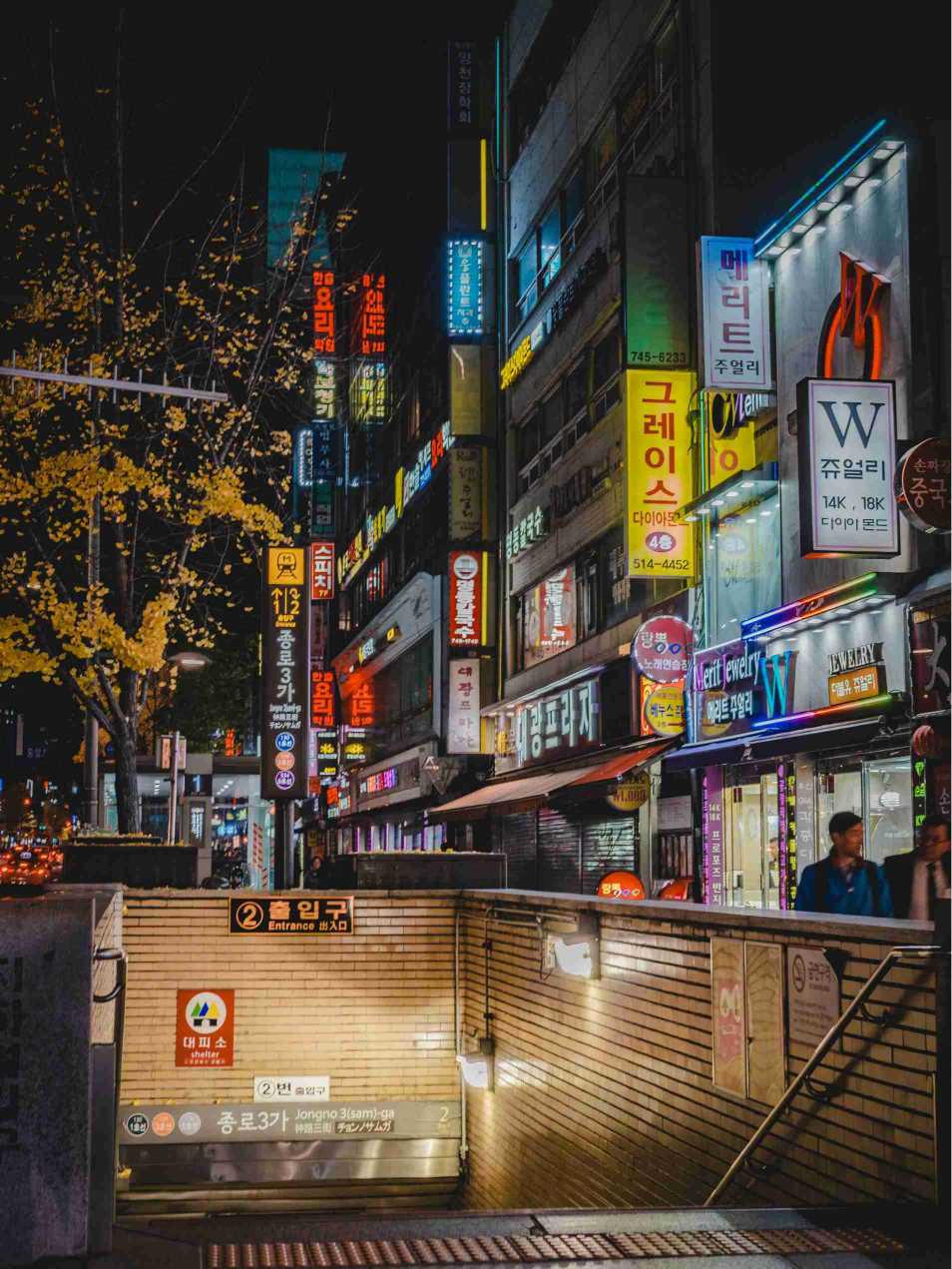
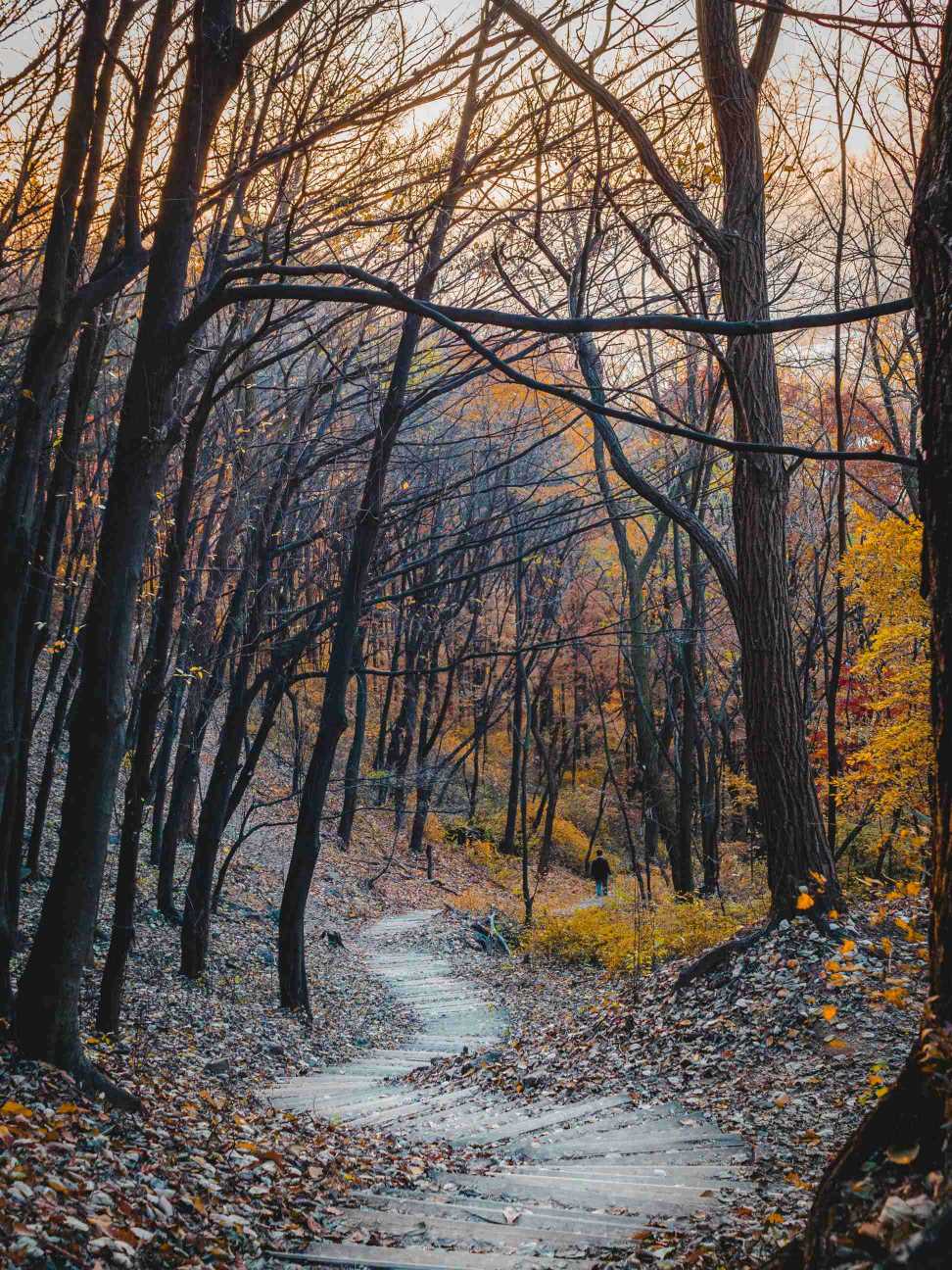
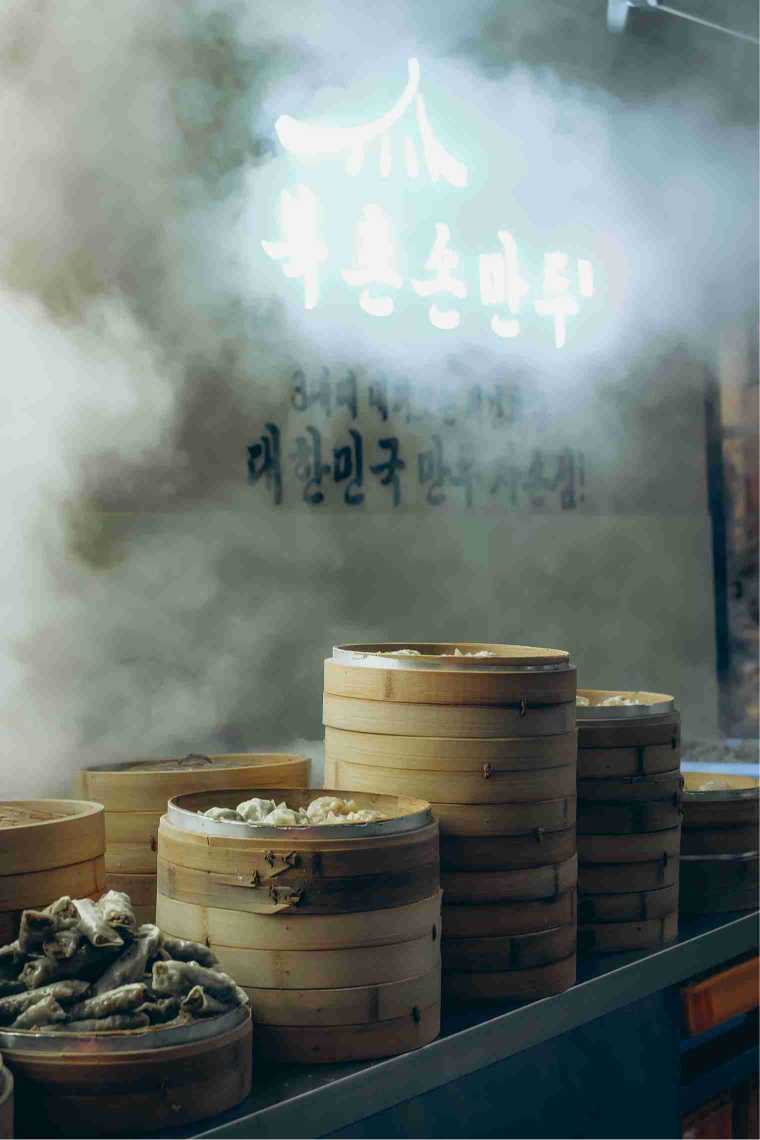
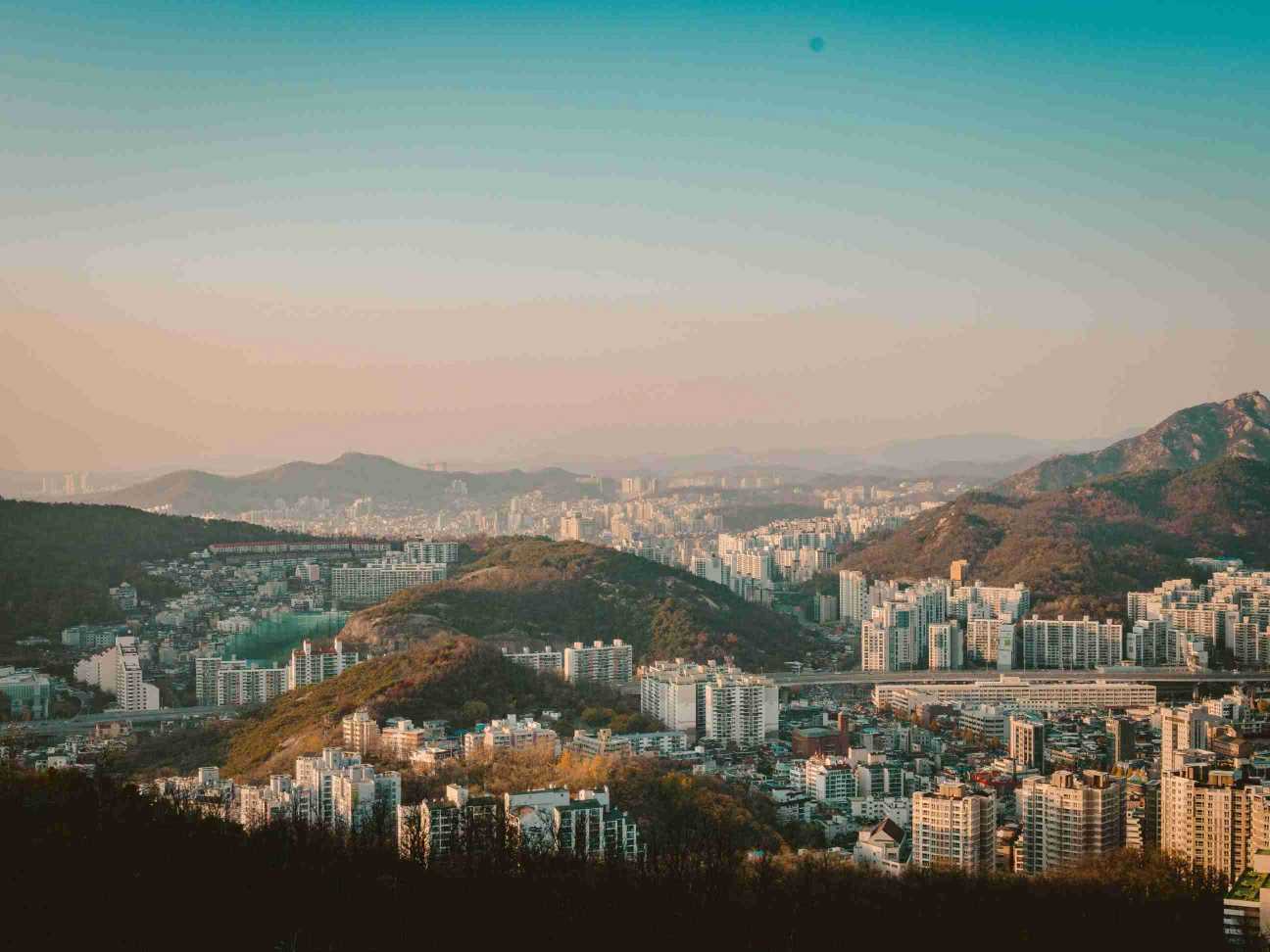
Culture of Seoul, South Korea
Seoul’s culture is a fascinating blend of traditional Korean heritage and modern influences. Key cultural highlights include:
- Traditional Performances: Experience traditional Korean music and dance at venues like the National Theater of Korea.
- Festivals: The city comes alive during festivals like Seoul Lantern Festival and Bosingak Bell-Ringing Ceremony.
- Tea Culture: Visit traditional tea houses in Insadong to experience Korea’s tea culture.
How to Reach Seoul, South Korea
Seoul is easily accessible from major cities around the world. Here’s how to get there:
-
By Air:
- The main airport is Incheon International Airport (ICN), located about 50 kilometers (31 miles) from the city center. It is served by flights from major international destinations.
- Gimpo International Airport (GMP) is another airport, primarily used for domestic flights.
-
By Train:
- Seoul is well-connected by train to other parts of South Korea. The KTX high-speed train connects Seoul to cities like Busan and Daegu.
-
By Road:
- Buses and private cars can be hired from nearby cities like Incheon and Suwon.
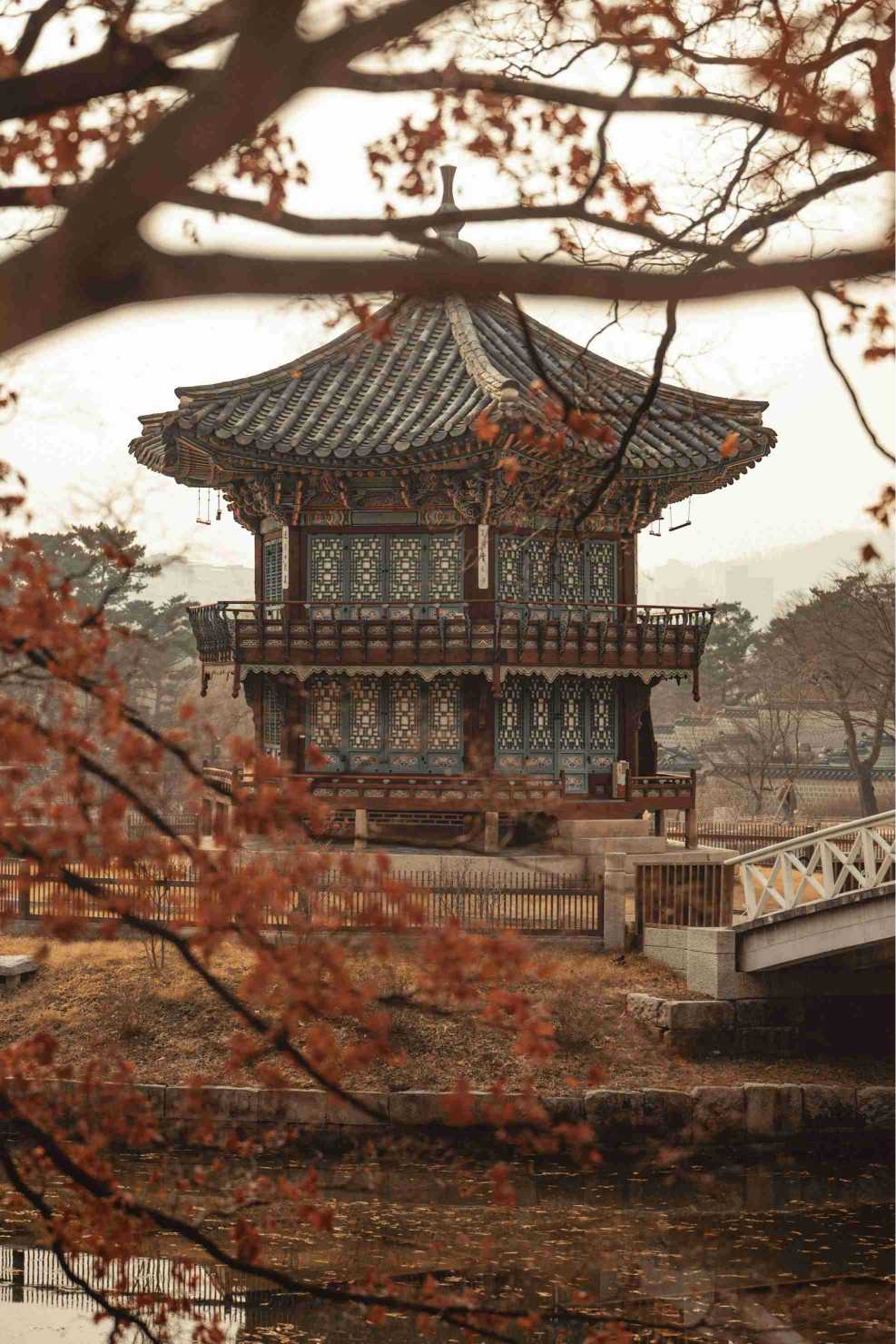
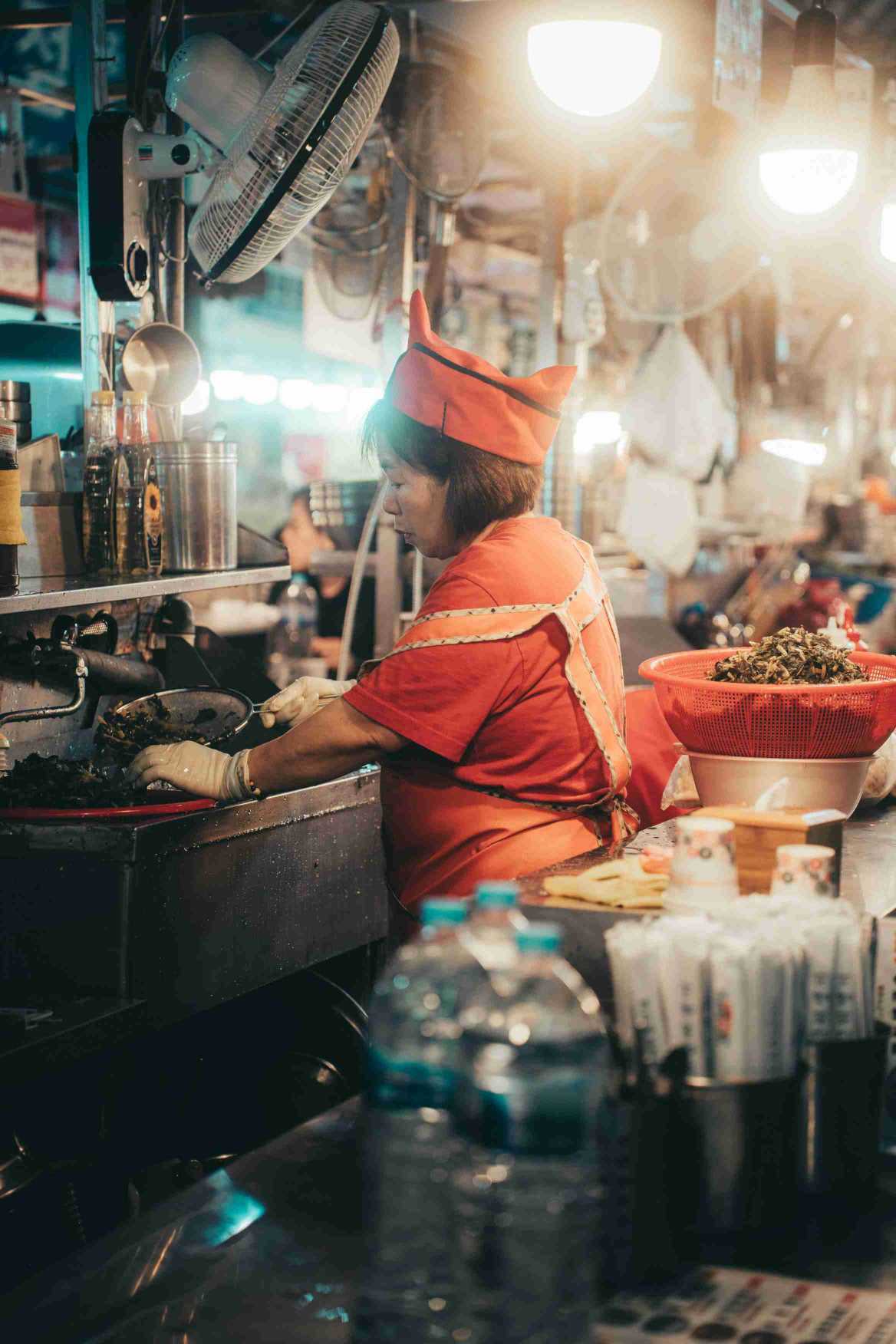
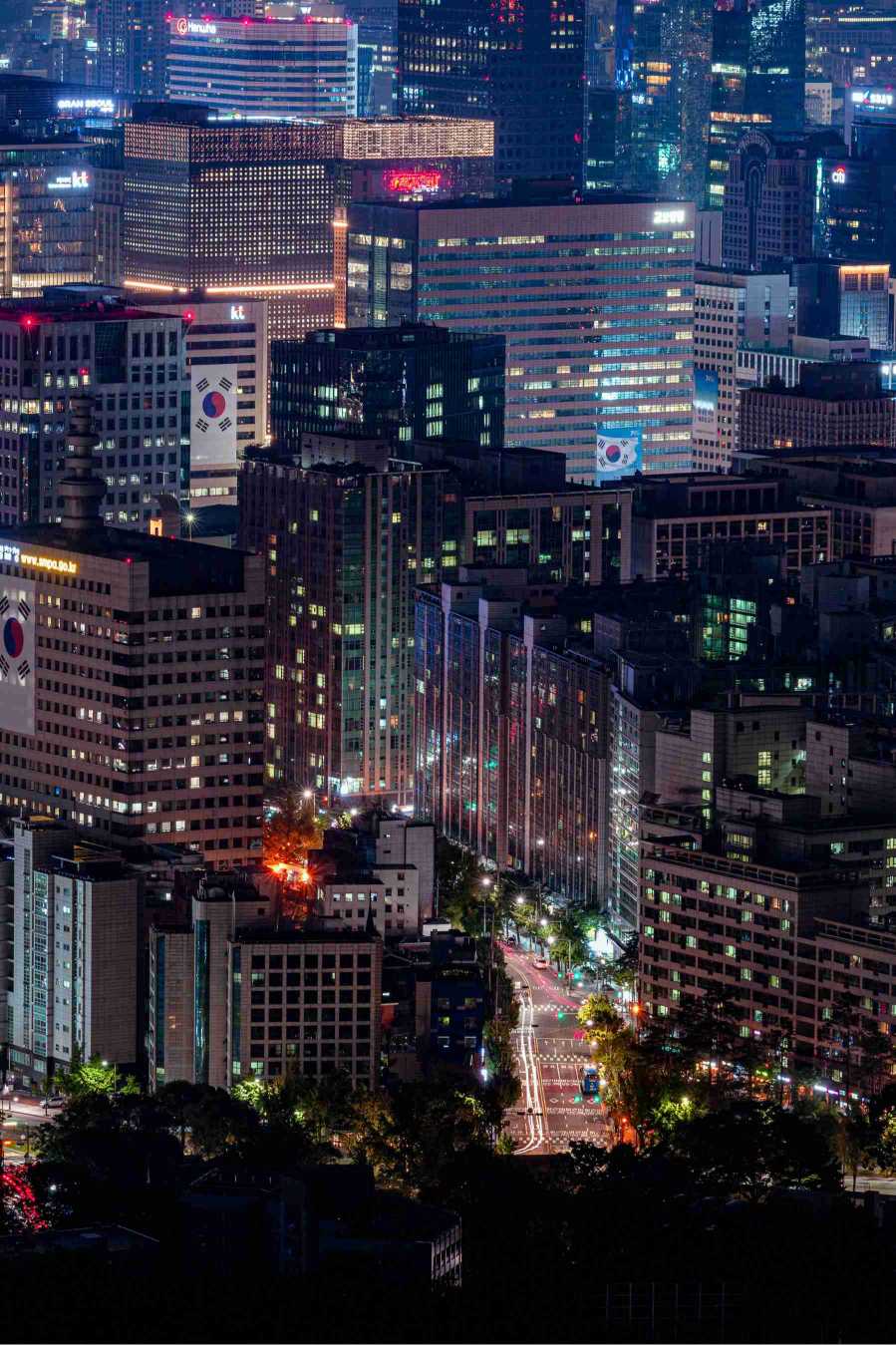
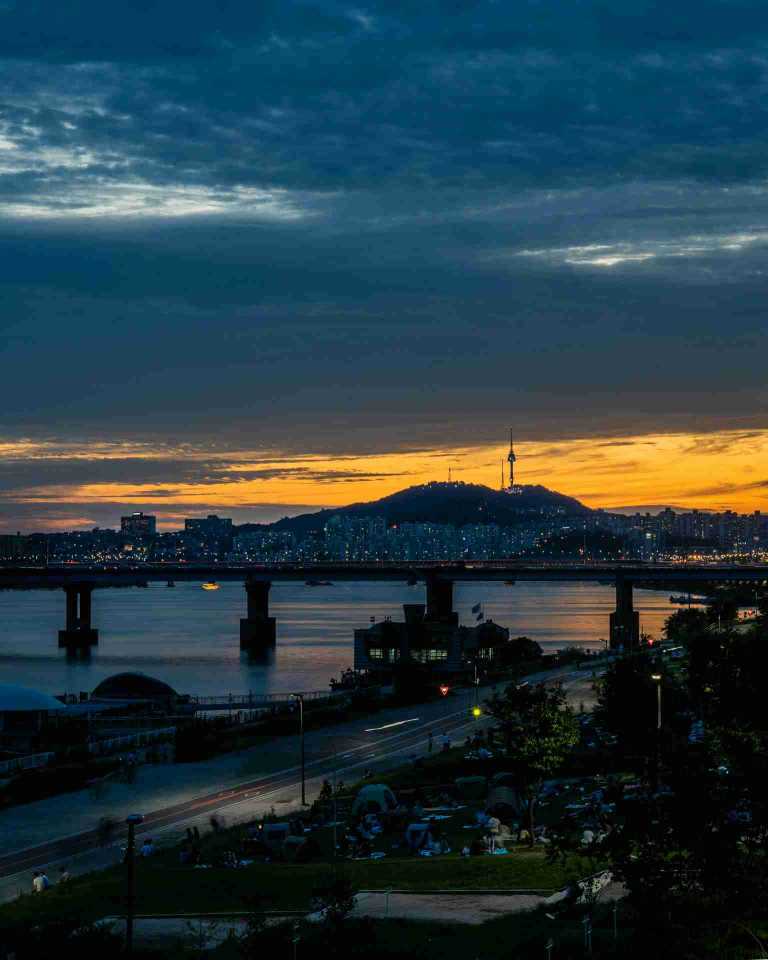
Accommodation Arrangements
Seoul offers a wide range of accommodation options to suit all budgets:
-
Luxury Hotels:
- The Shilla Seoul: Offers luxurious accommodations with stunning views of the city.
- Four Seasons Hotel Seoul: A high-end hotel known for its elegant design and personalized service.
-
Mid-Range Hotels:
- Lotte City Hotel Myeongdong: A comfortable hotel with modern amenities.
- Hotel Skypark Myeongdong III: Offers affordable rooms and a central location.
-
Budget Stays:
- Zaza Backpackers Hostel: A budget-friendly option with a lively atmosphere.
- Namsan Guesthouse: Offers affordable dormitory and private rooms.
Local Foods to Try
While visiting Seoul, don’t miss the chance to try Korean cuisine. Here are some local dishes to savor:
- Kimchi: Fermented vegetables, usually made with napa cabbage and radishes.
- Bibimbap: A mixed rice dish with vegetables, meat, and a spicy sauce.
- Korean BBQ: Grilled meat, often served with side dishes (banchan) and lettuce wraps.
- Tteokbokki: Spicy rice cakes, often served with fish cakes and boiled eggs.
- Samgyetang: Ginseng chicken soup, a popular dish during the summer.
Many restaurants and street food stalls also offer international cuisine for those who prefer familiar flavors.
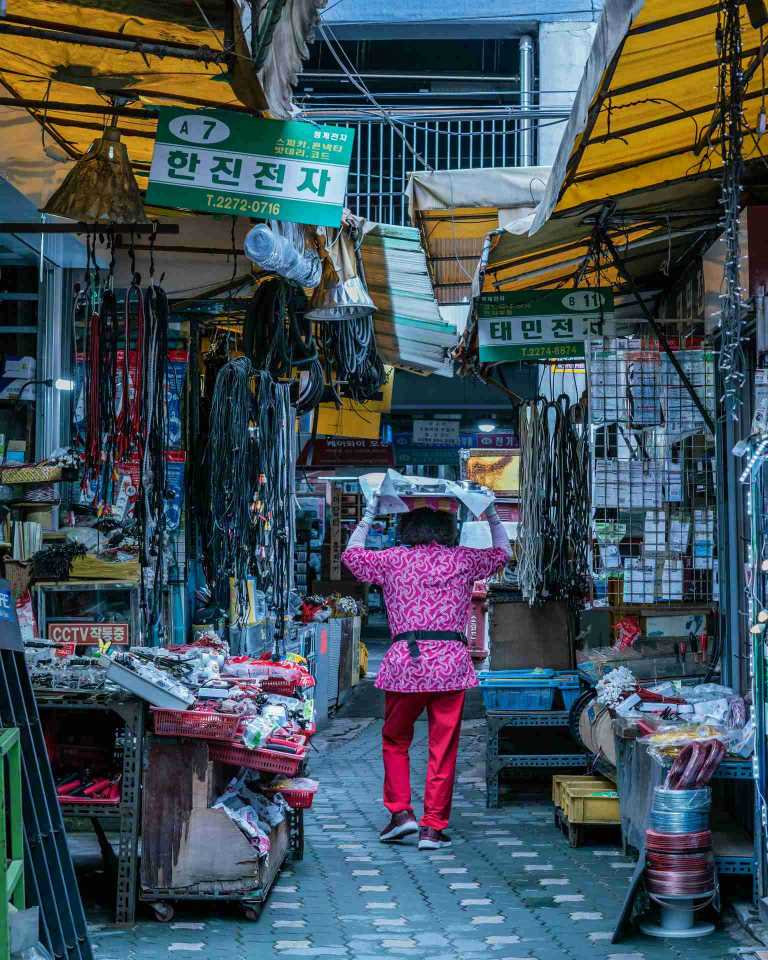
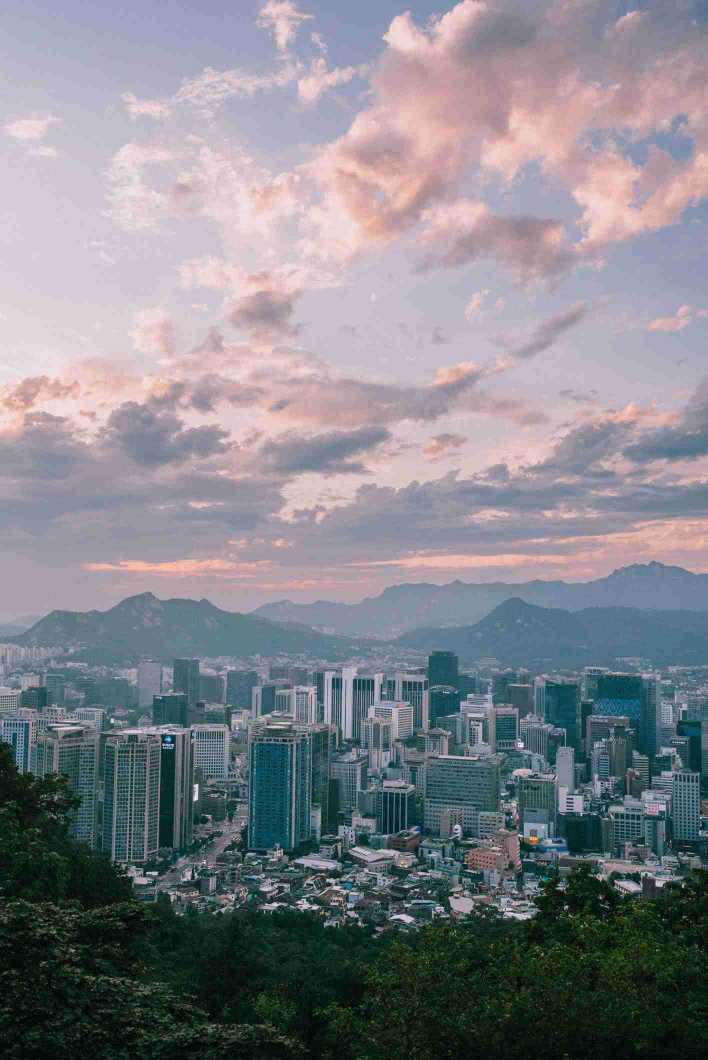
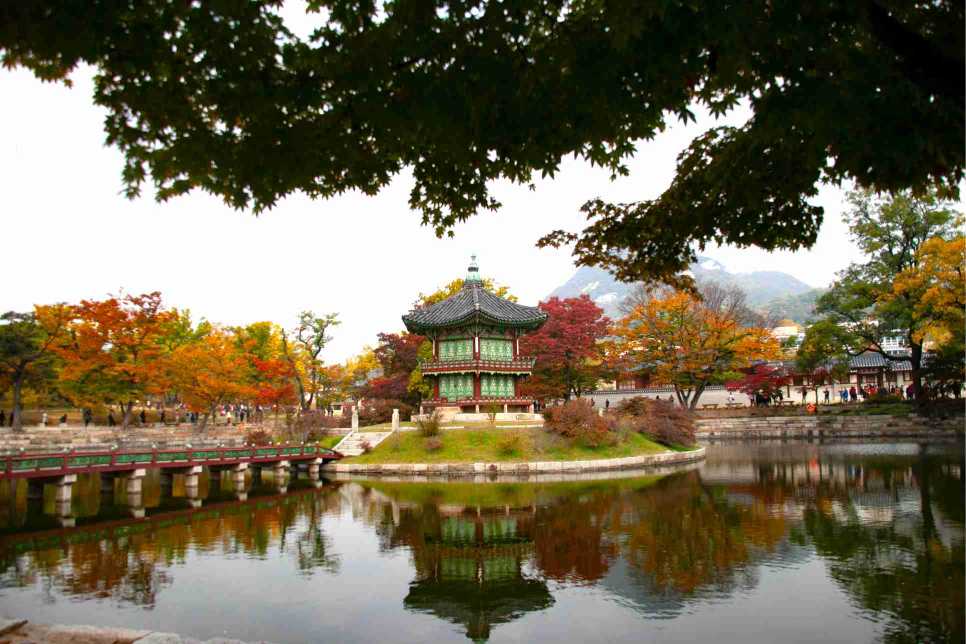
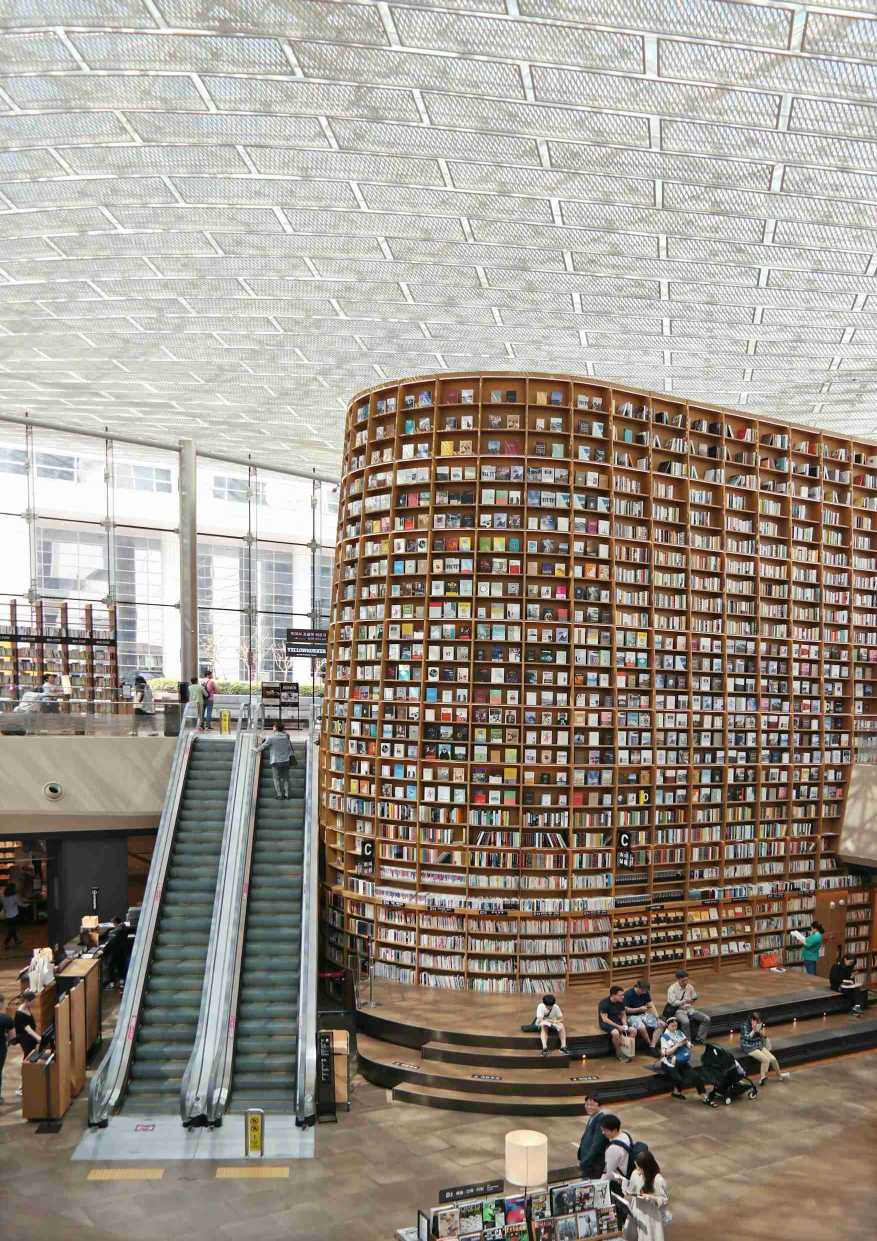
Best Time to Visit
The best time to visit Seoul is during the spring (April to June) and autumn (September to November), when the weather is pleasant and the city is adorned with cherry blossoms or fall foliage. The summer (July to August) can be hot and humid, while the winter (December to February) brings cold temperatures and occasional snow.
Where to Visit Nearby
While in Seoul, consider exploring these nearby attractions:
- DMZ (Demilitarized Zone): A buffer zone between North and South Korea, offering guided tours.
- Suwon: Known for its Hwaseong Fortress, a UNESCO World Heritage Site.
- Incheon: A coastal city known for its Chinatown and Songdo International Business District.
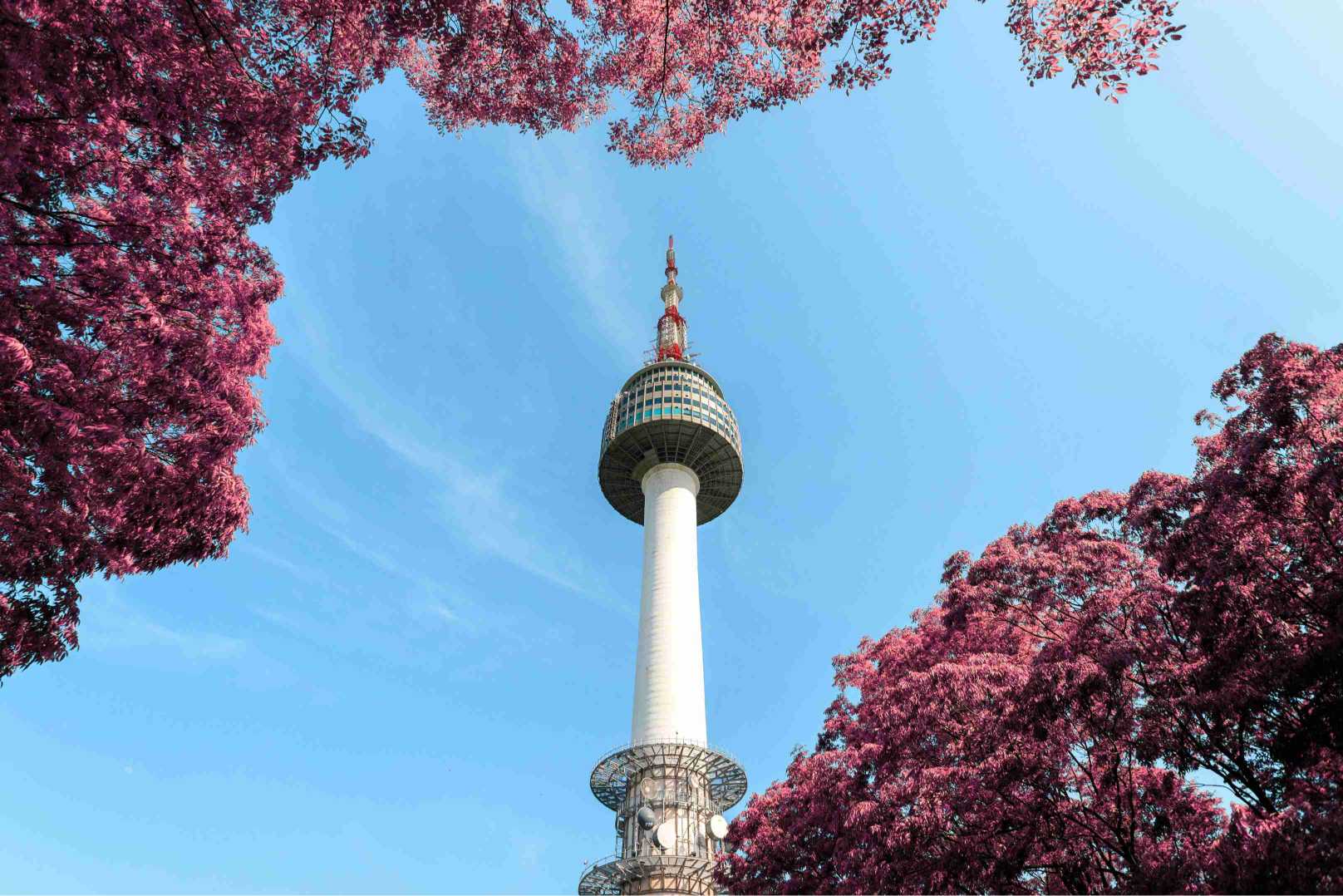
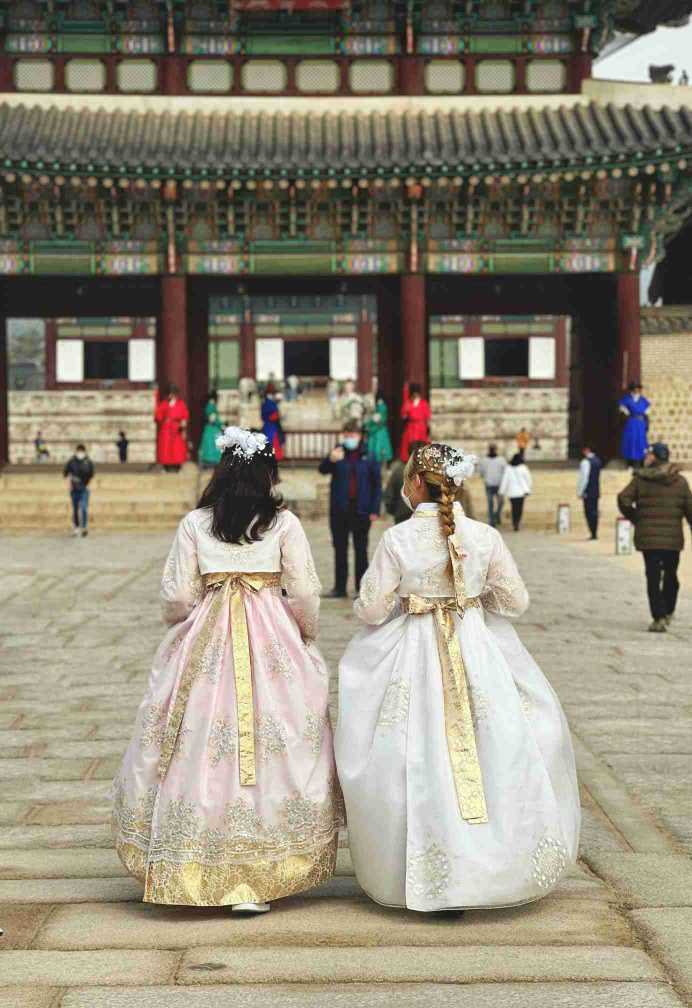
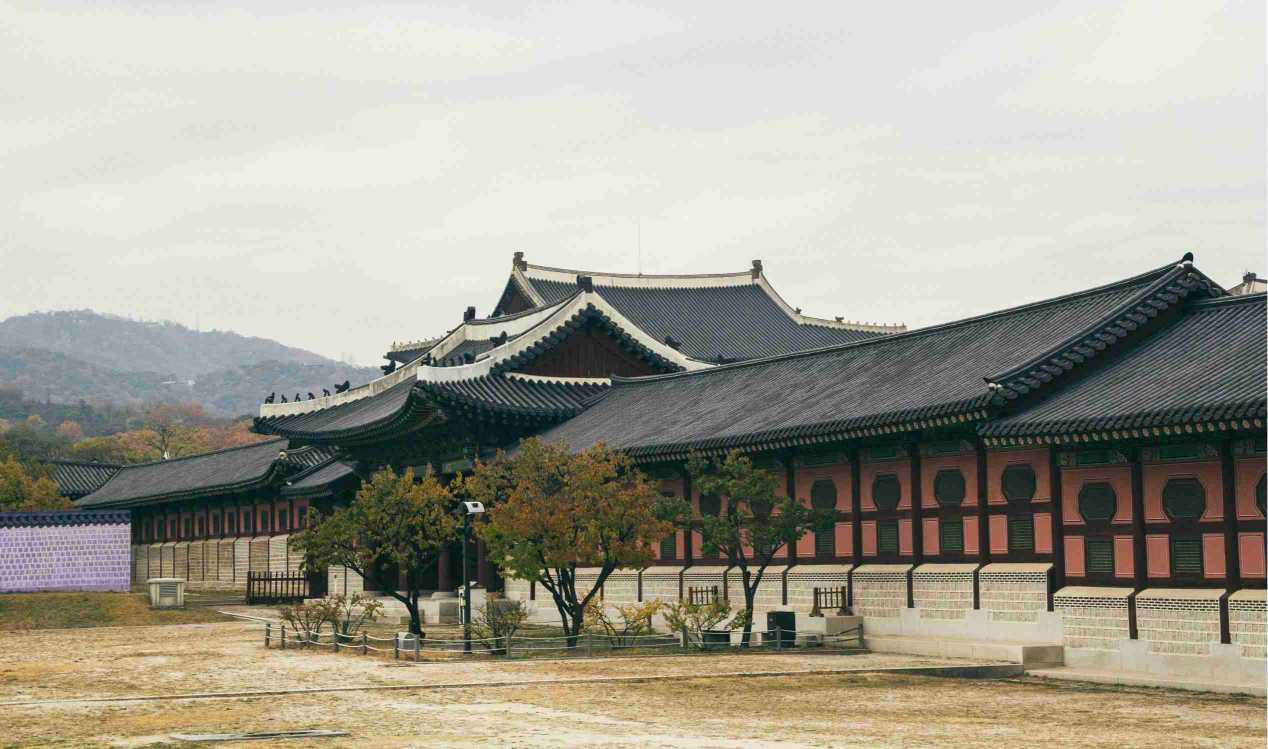
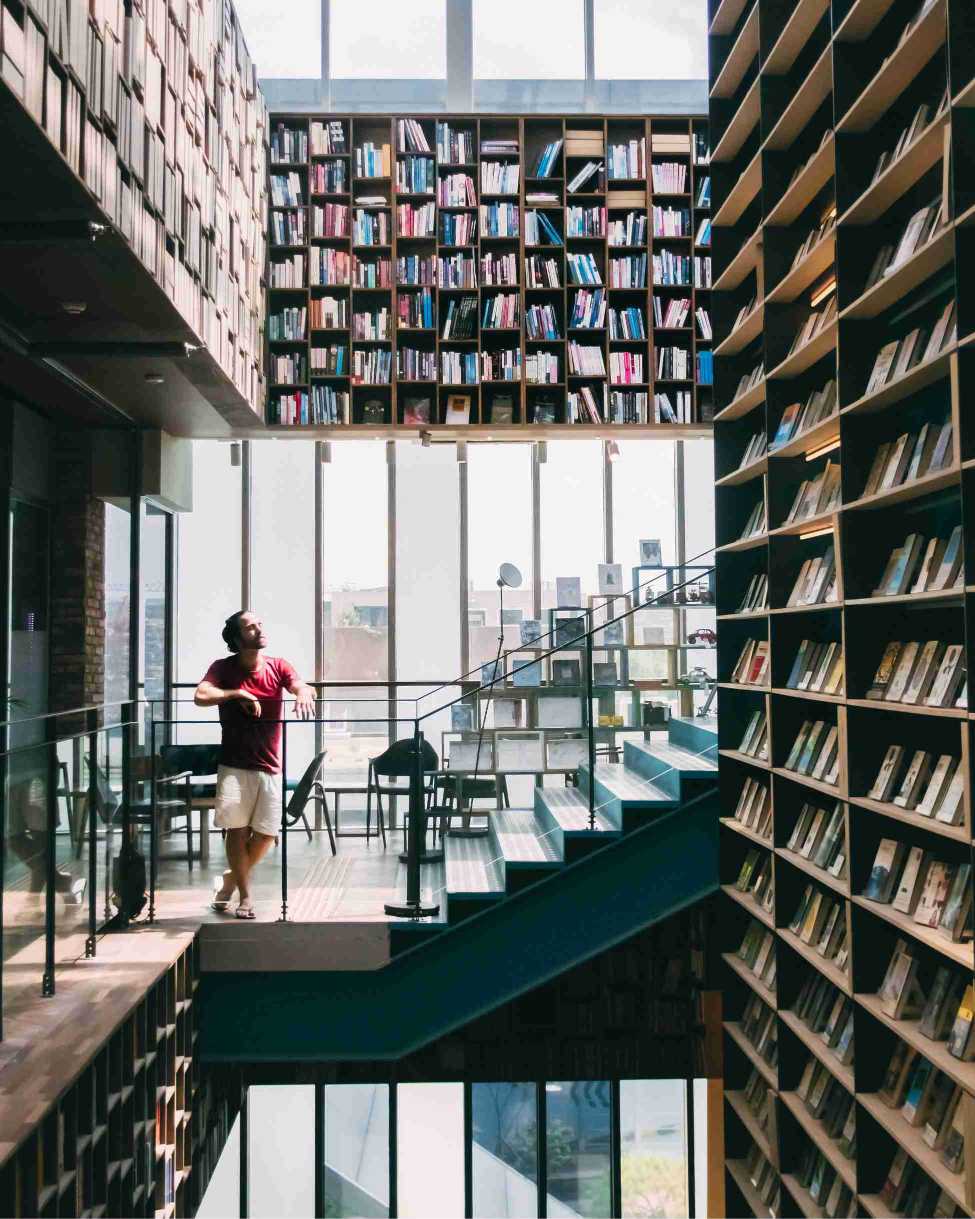
Where to Shop
- Local Markets: Visit markets like Namdaemun Market and Dongdaemun Market for clothing, accessories, and souvenirs.
- Malls: Seoul is home to world-class shopping malls like COEX Mall and Lotte World Mall.
Things to Do
- Explore Palaces: Visit iconic palaces like Gyeongbokgung and Changdeokgung.
- Shop at Markets: Experience the vibrant atmosphere of Myeongdong and Insadong.
- Enjoy Street Food: Sample delicious Korean dishes at street food stalls and night markets.
- Visit N Seoul Tower: Take in panoramic views of the city from Namsan Mountain.
What to Pack
- Lightweight, breathable clothing for spring and summer
- Warm clothing for autumn and winter
- Comfortable walking shoes
- Sunscreen, hat, and sunglasses
- A reusable water bottle
- Camera or smartphone for photos

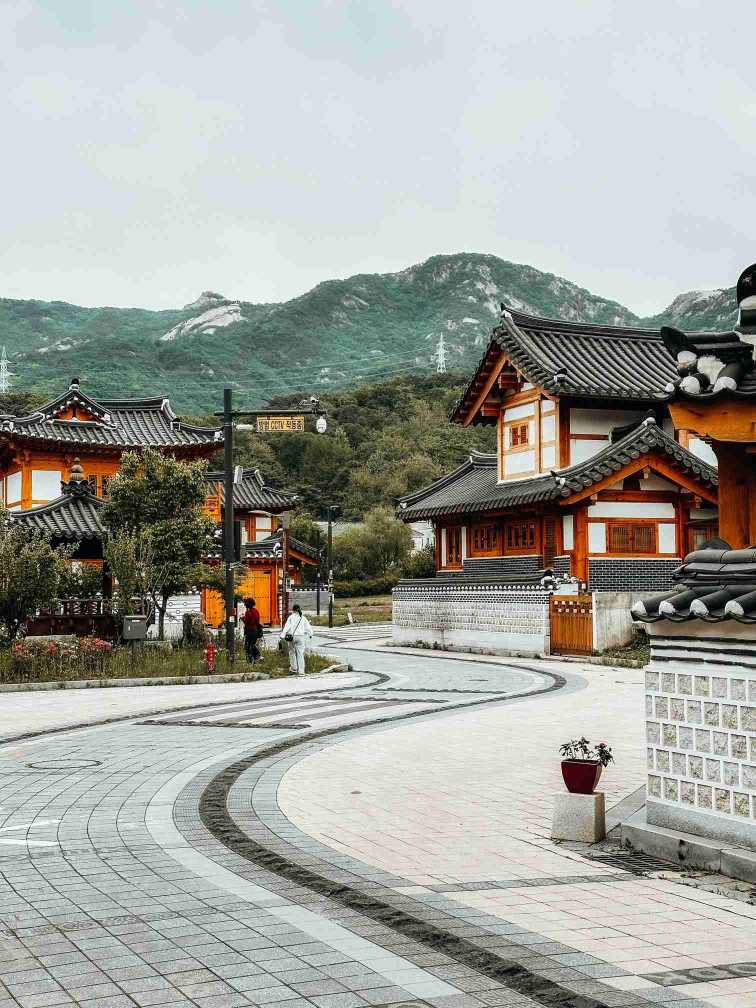
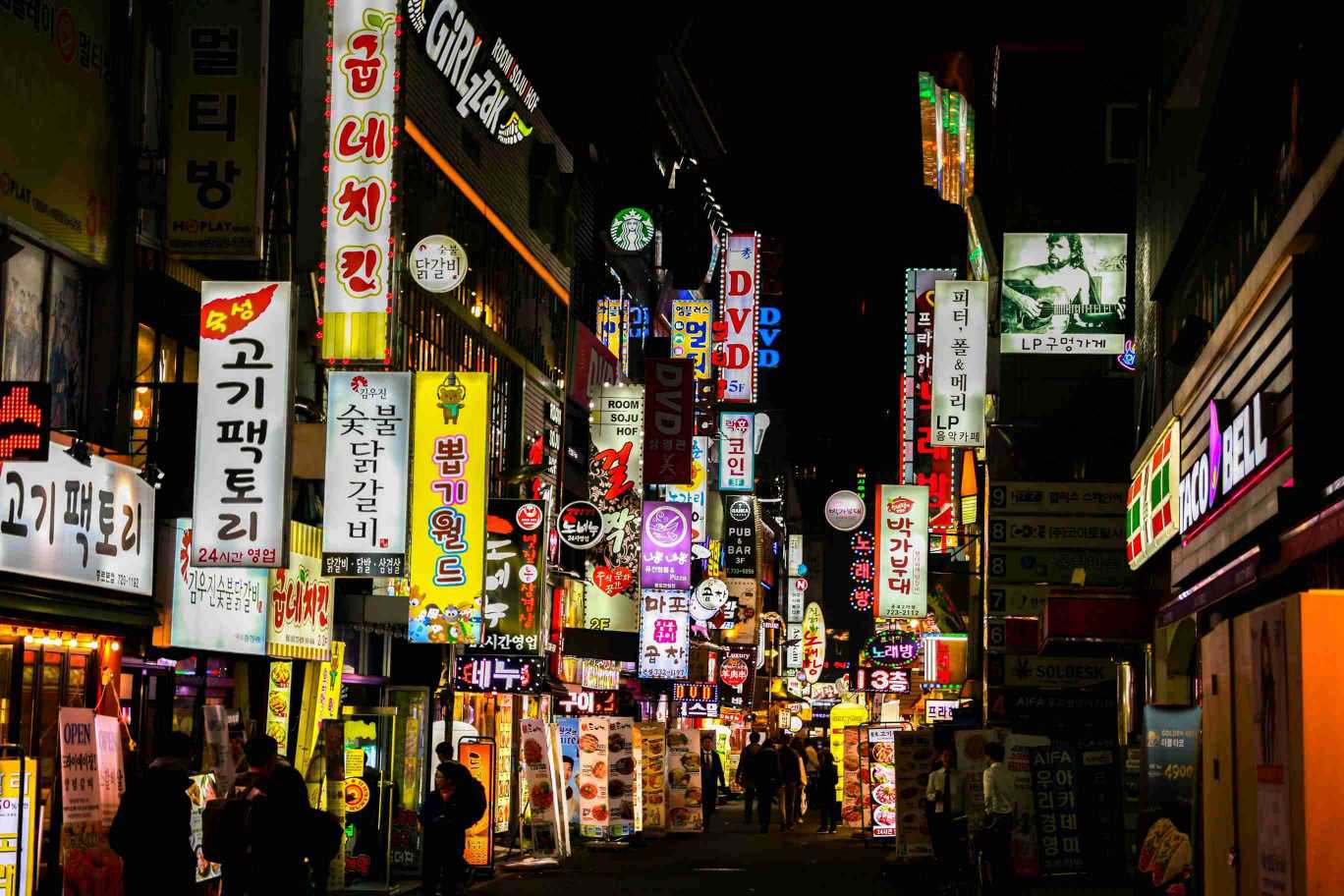
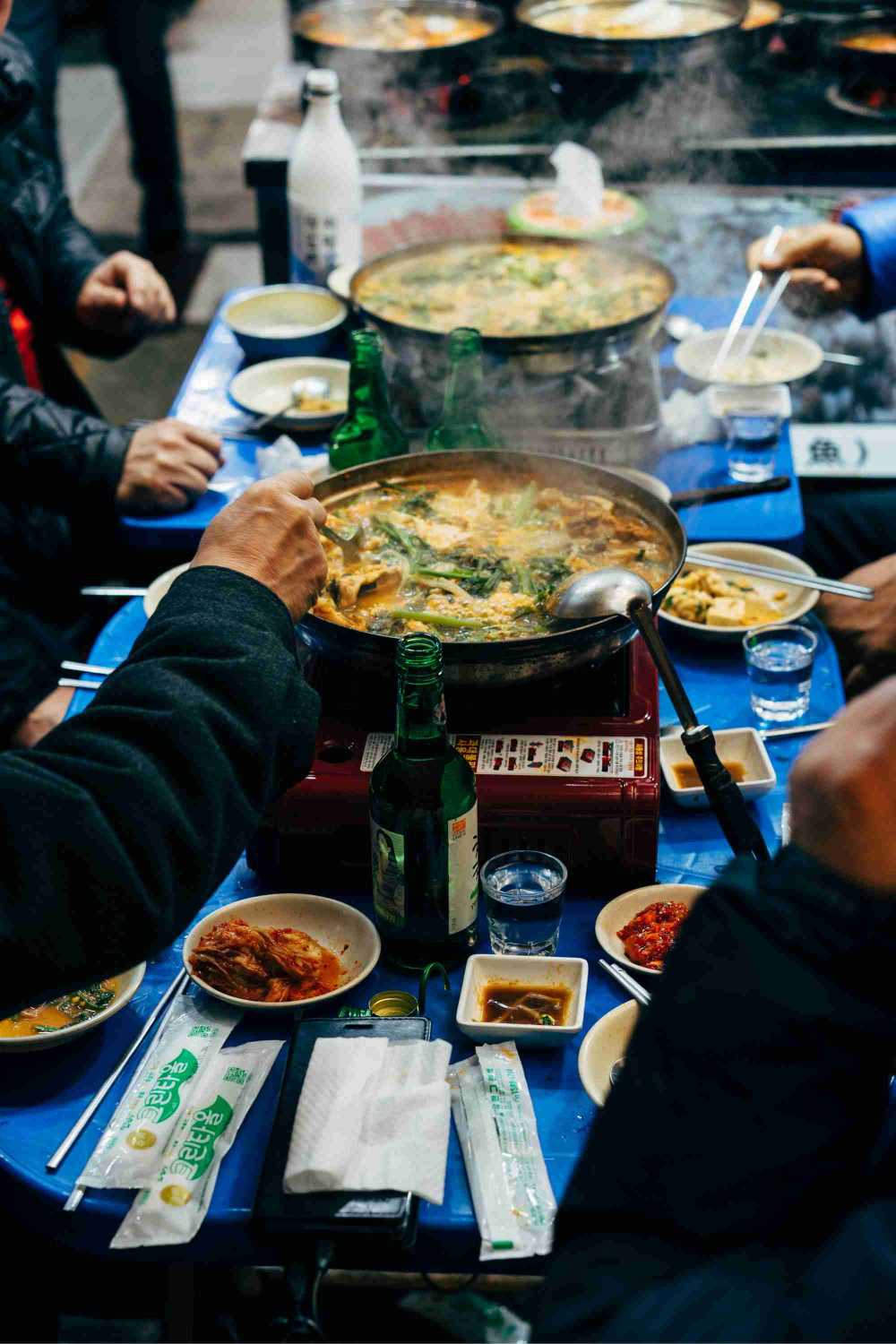
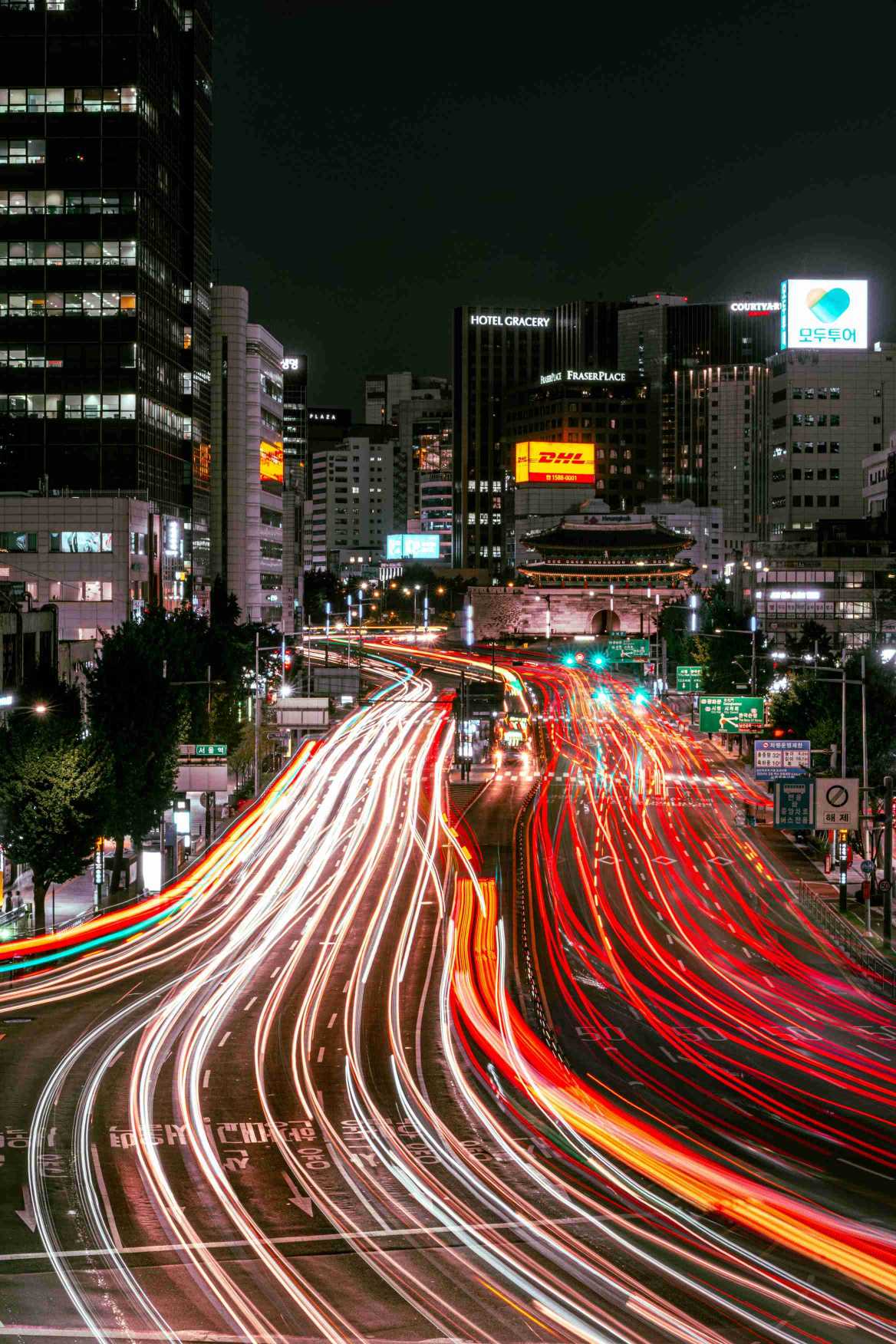
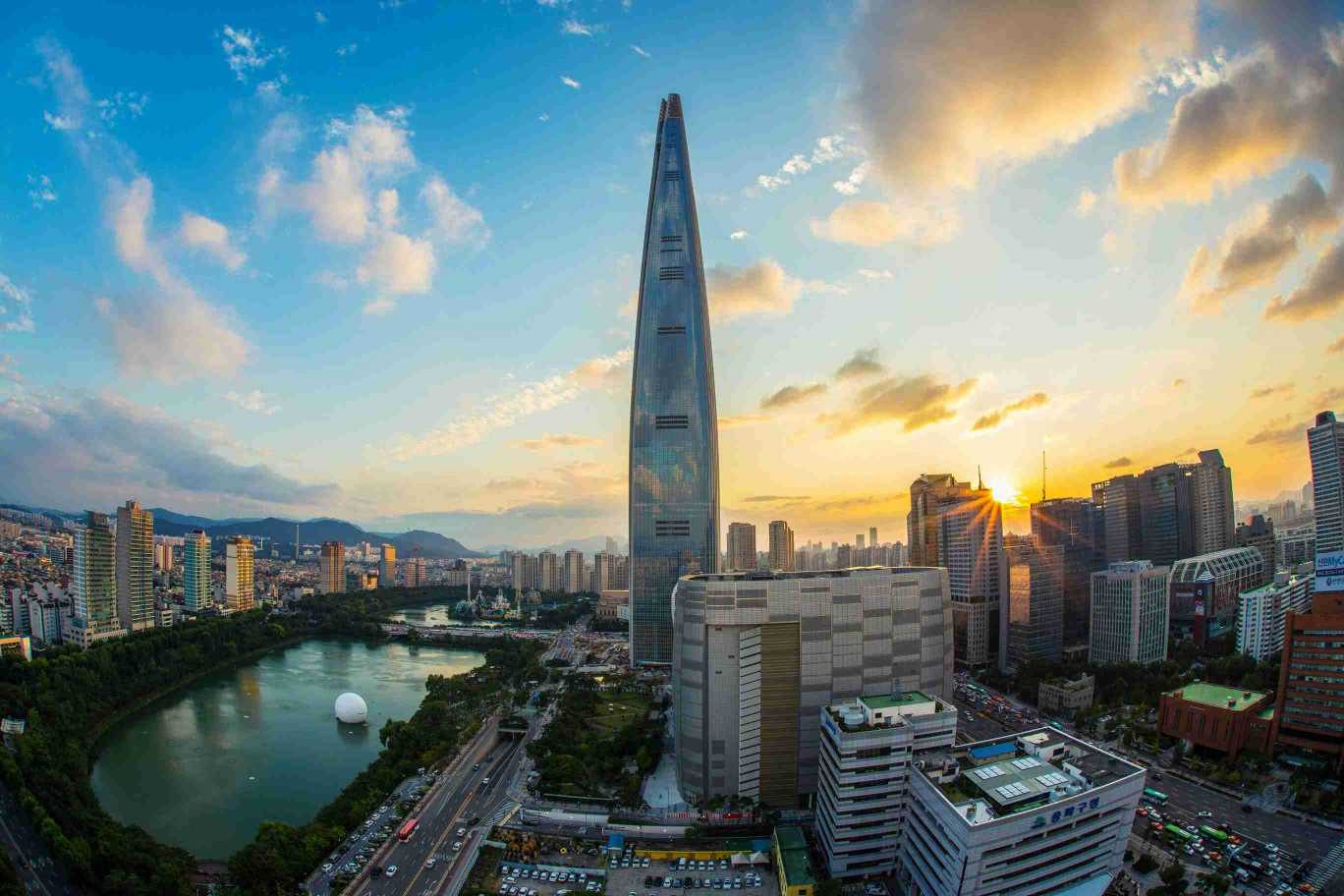
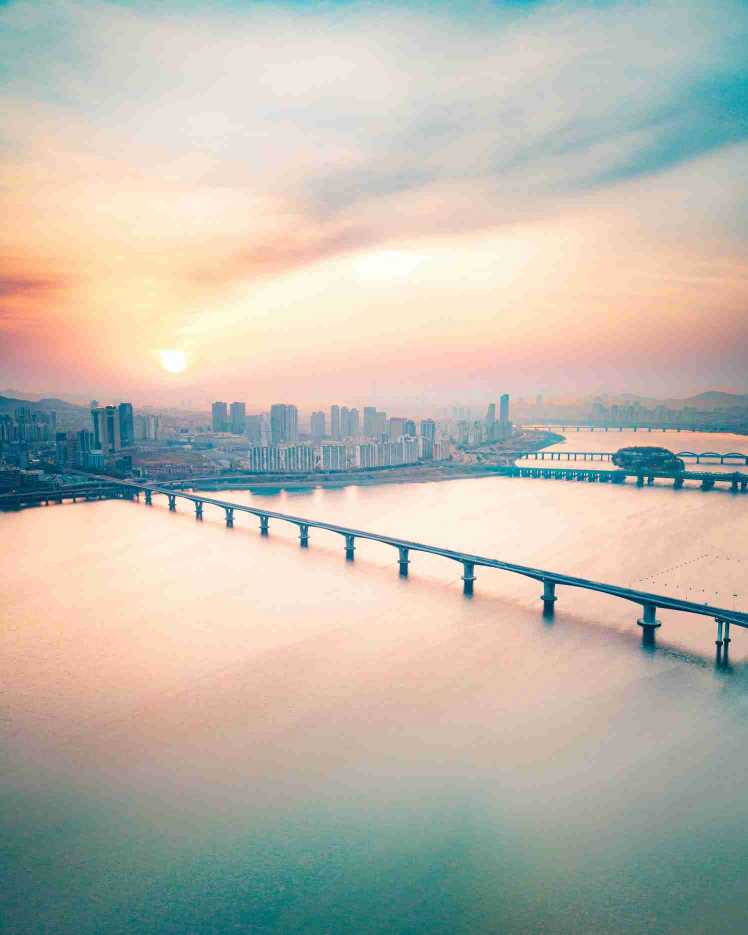
Seoul is a city of contrasts, where ancient traditions meet modern innovation. Whether you’re exploring its historic palaces, indulging in its world-famous cuisine, or experiencing its vibrant nightlife, Seoul promises an unforgettable adventure. It’s a destination that showcases the best of South Korea’s culture, history, and hospitality.
FAQs
-
How much time is needed to explore Seoul?
- At least 4-5 days are recommended to explore the city thoroughly.
-
Is Seoul safe for tourists?
- Yes, Seoul is generally safe, but always be mindful of your belongings and follow local advice.
-
Do I need a visa to visit Seoul?
- Visa requirements vary by nationality. Many travelers can enter South Korea visa-free for up to 90 days.
-
What is the local currency?
- The local currency is the South Korean Won (KRW).
-
Are there health risks in Seoul?
- Seoul is a modern city with good healthcare facilities. No specific vaccinations are required, but it’s always good to have travel insurance.
-
What is the best way to get around Seoul?
- The subway system is efficient and covers most of the city. Taxis and buses are also widely available.
Seoul is a true gem of South Korea, offering a journey through history, culture, and modernity. Plan your trip well, and prepare to be amazed by this dynamic city!

